The Coastal Biodiversity (BioCost) Lab aims at increasing knowledge and understanding on marine biodiversity, from organisms to ecosystems to support better management of marine activities and actively contribute to rebuild marine life. Our research is done in collaboration with research groups from around Europe and beyond, on the importance of biodiversity for the functioning of the living world, on the benefits it provides to people, and how is impacted by human pressures, particularly under scenarios of global environmental change. We’ve also been contributing to create sustainable marine businesses and better policies and regulations at National, European and International scale.
Our focus has been on coastal benthic ecosystems, particularly on seaweed/kelp dominated assemblages, exploring vulnerability drivers, such as climate change, invasions and pollution on ecosystem functions, and diversity patterns. We have also been dedicated to studying cetacean ecology in the Northeast Atlantic, investigating distribution, habitat, and monitoring methodologies by leveraging on collaboration with other CIIMAR teams (e.g., bioacoustics, genomics, health indicators), with other research centers and with platforms of opportunity. Data produced is being integrated in Global Ocean Observation System (GOOS), GEO BON/MBON and OBIS to improve knowledge on Ocean Health, trends of changes and support sustainable management.
Our Lab’s long-term research has been on algal cultivation and use, including species selection and cultivation optimization of macroalgae, as well as on its biochemical characterization and use for different applications. Additionally we have been participating in several European projects that contribute to the restoration of marine ecosystems, either by promoting reforestation using lab-grown seaweeds/kelp (e.g., “green gravel”) or resorting to the use of artificial reefs. Our research about the sustainable use of marine resources includes remote sensing (using Unoccupied Aerial Vehicles – UAV), and in situ stock assessment of commercially important seaweed.
Our research scope includes also addressing the challenges of marine litter and plastic pollution. By partnering with innovative start-up companies and European research groups we aim to better understand the impacts of micro and macro plastics on the marine environment, deploy and test new technologies to remove plastic litter, enhance ocean literacy through citizen science and develop sustainable solutions through policy reform.
BioCost provides solutions, innovative products, and qualified researchers for helping society to overcome the current environmental, societal, economic and scientific challenges, while preserving coastal and marine ecosystems, and engaging with sustainable development worldwide, according to the European Green Deal and the UN Sustainable Development Goals.
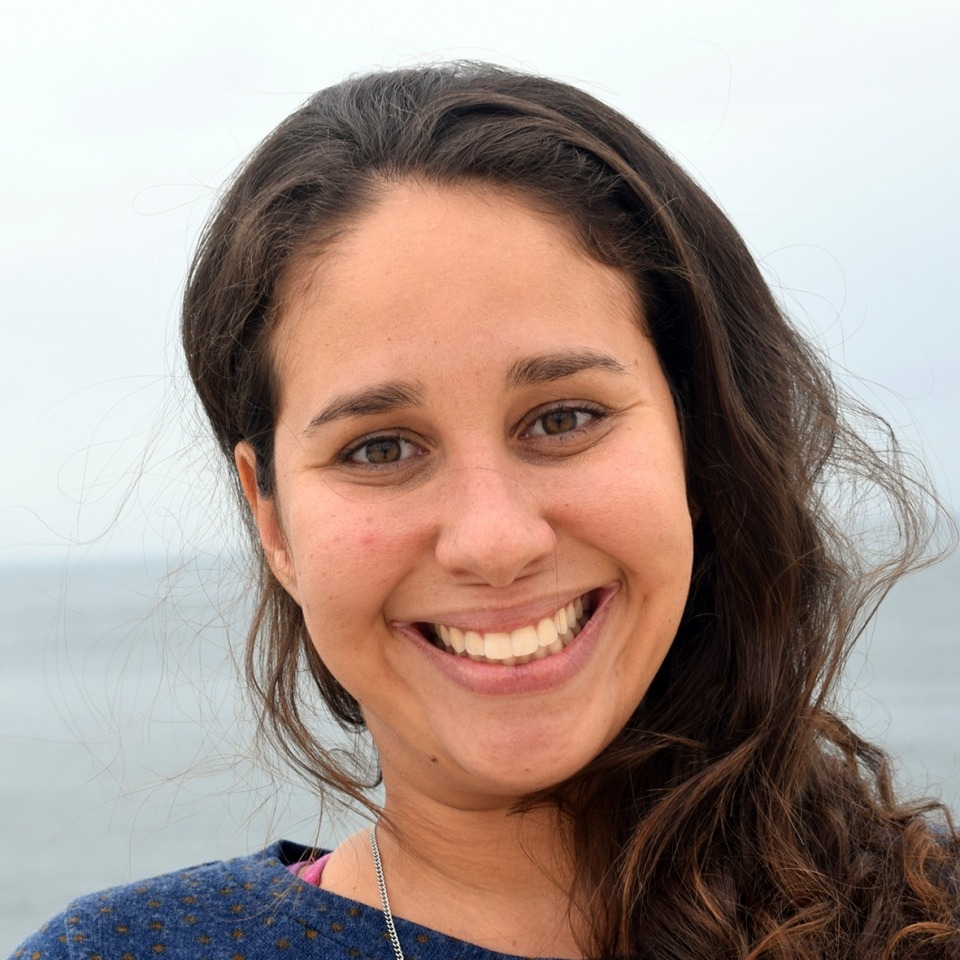

Ágatha Gil is a biologist working in the field of marine conservation, cetacean studies and environmental education. She has a degree in biology from UFSCar in Brazil and a Masters in Ecology from FCUP. Her PhD is in Marine Science, Technology and Management, under the Do*Mar Programme at UTAD, funded by FCT and in partnership with IIM-CSIC, Vigo, Spain. She has worked on projects with cetaceans and non-formal education in Brazil (Humpback Whale Project, Spinner Dolphin Project, Casa do Zezinho) and, since 2015, has been part of the CIIMAR team, working on the following projects: CETUS Project, Ocean Action, SeaChange, MoBIDIC, MarInfo, Atlantida, among others.
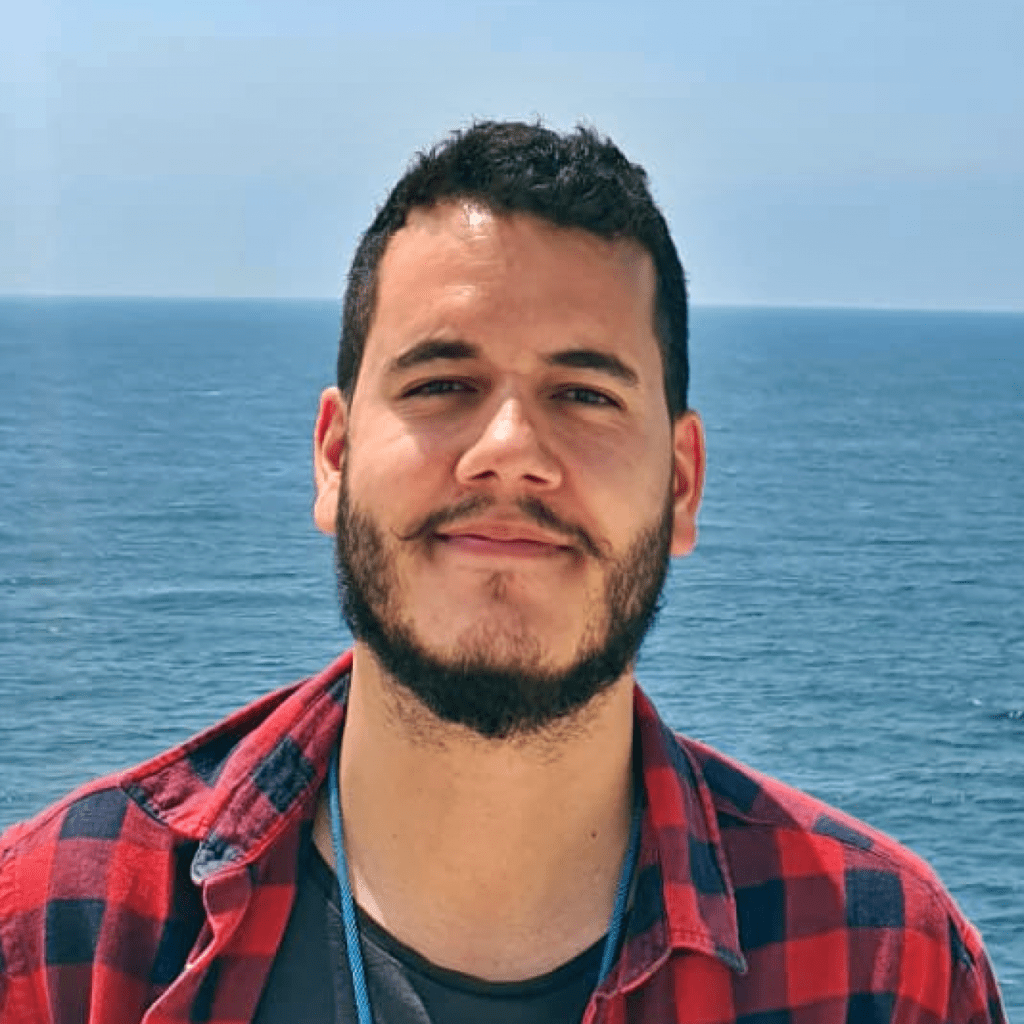

Aires Duarte holds a degree in Biotechnology from University of Évora (2013) and a master’s degree in Functional Biology and Biotechnology of Plants from University of Porto (2017). After experiencing image and data analysis, he decided to come back and work once again with seaweeds. Aires is currently a PhD student at Coastal Biodiversity Team in CIIMAR working on seaweed cultivation. His research focuses on finding suitable seaweeds to reduce the excess of nutrients coming from a fish-farm.
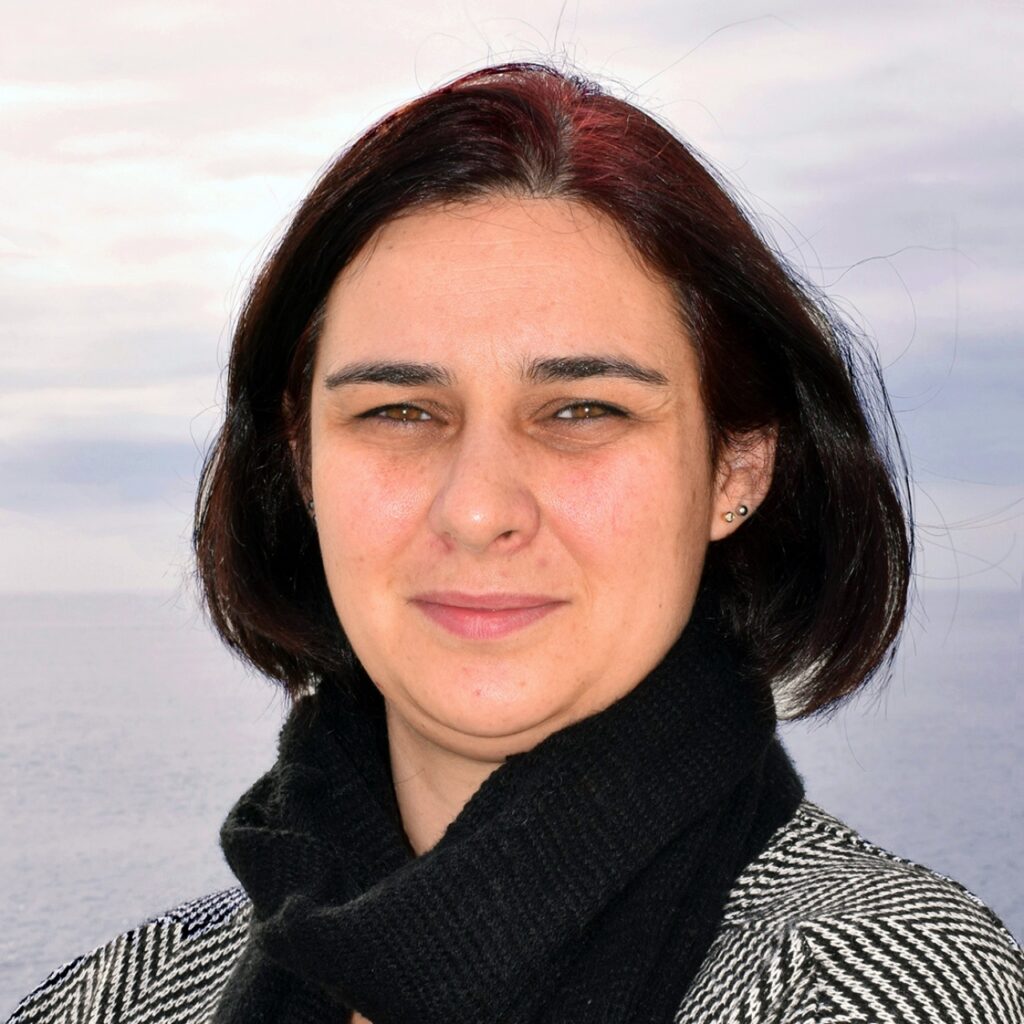

A.Catarina Guedes graduated in Microbiology since 2002; obtained a PhD degree in Biotechnology with specialization in Microbiology by Biotechnology School of Portuguese Catholic University (ESB-UCP) on the theme: “Production, extraction and characterization of selected metabolites from microalgae and cyanobacteria”, in 2010.
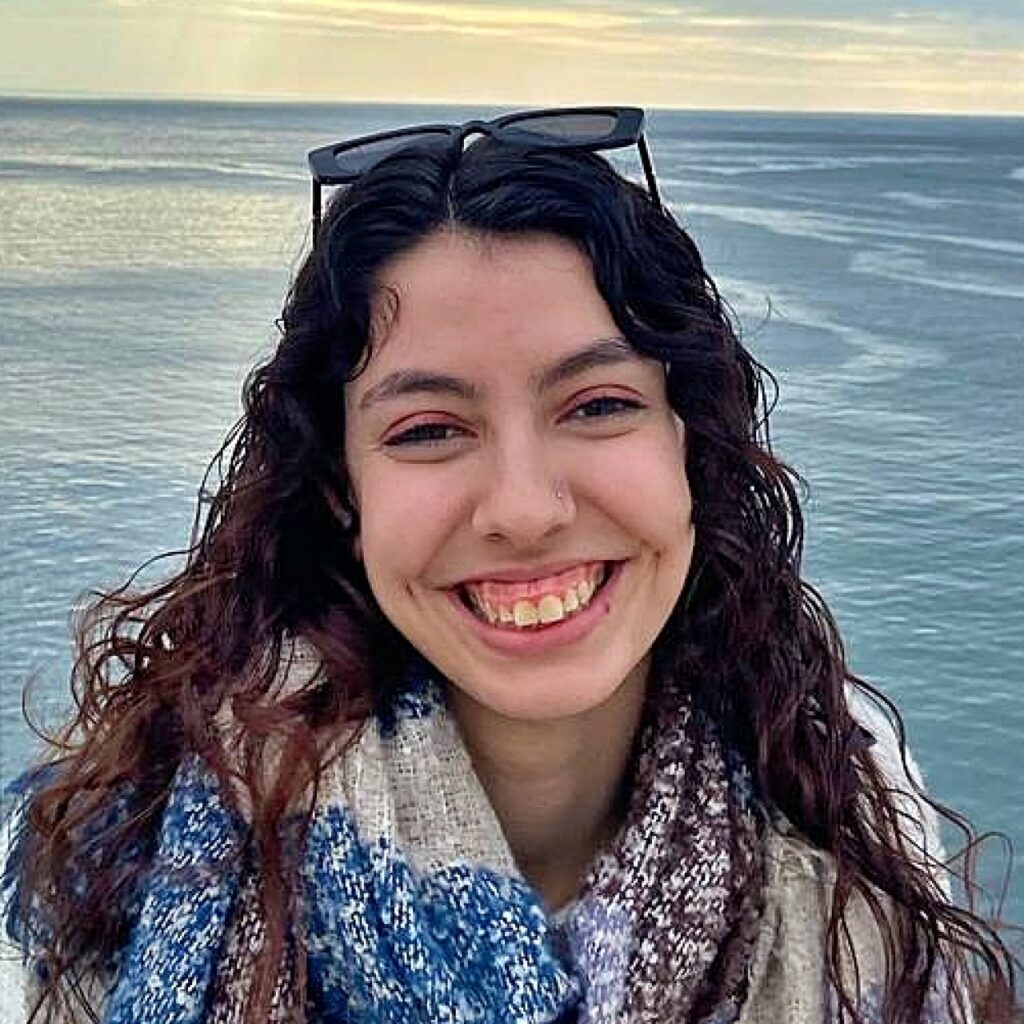

Ana Catarina Coutinho holds a Bachelor’s in Biology from the Faculty of Sciences of the University of Porto. She is currently developing her master’s thesis, in Marine Sciences – Marine Resources at Institute of Biomedical Sciences Abel Salazar, and its called “Restoration of marine forests seaweed species as a Nature-Based Solution to mitigate climate change”, under the Blueforesting project. Her areas of interest are ecology and the role of seaweeds in marine habitats.
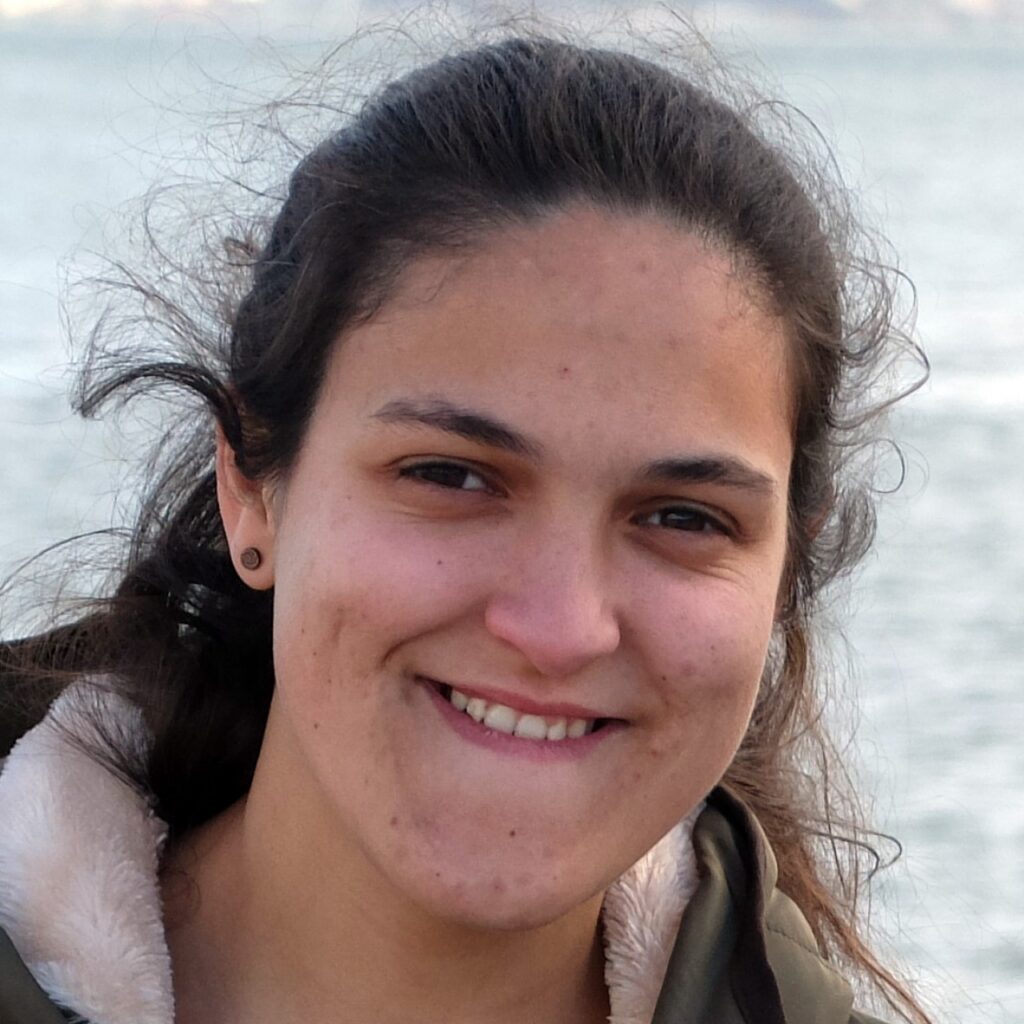

Ana Catarina Torres graduated in Biology and with a Master's degree in Marine Biology. Currently, she is doing her PhD in the Faculty of Sciences of the University of Porto funded by FCT. Areas of interest are the characterization of the marine biodiversity of various marine systems and the study of the anthropogenic effects on biodiversity.
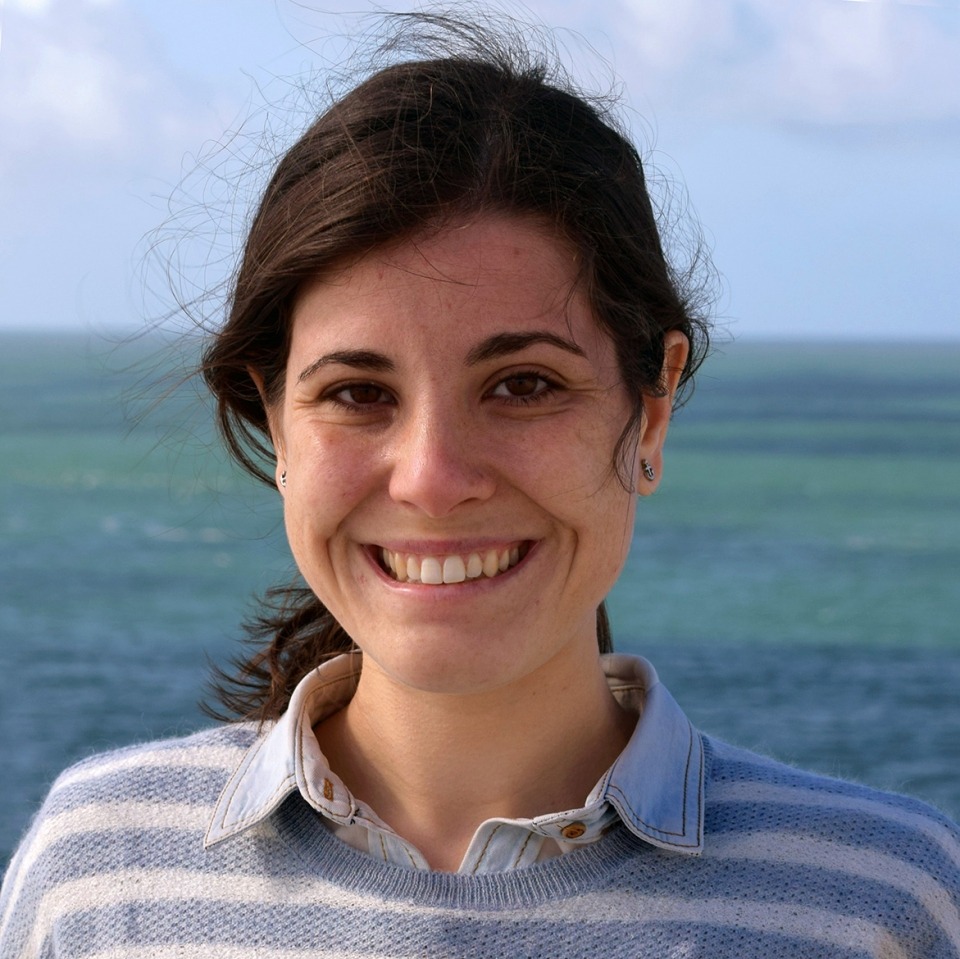

Postdoc researcher at CIIMAR and FCUP (Porto, Portugal), Correia AM is trained as a marine ecologist with a PhD in Biology. She has been dedicated to the study of cetacean occurrence and habitat preferences in the eastern North Atlantic, therefore specializing in cetaceans' ecology and conservation, ecological niche modeling, spatial analysis and marine management and conservation. Ciência ID: D516-4861-D279 | ORCID ID: 0000-0003-4781-6894.
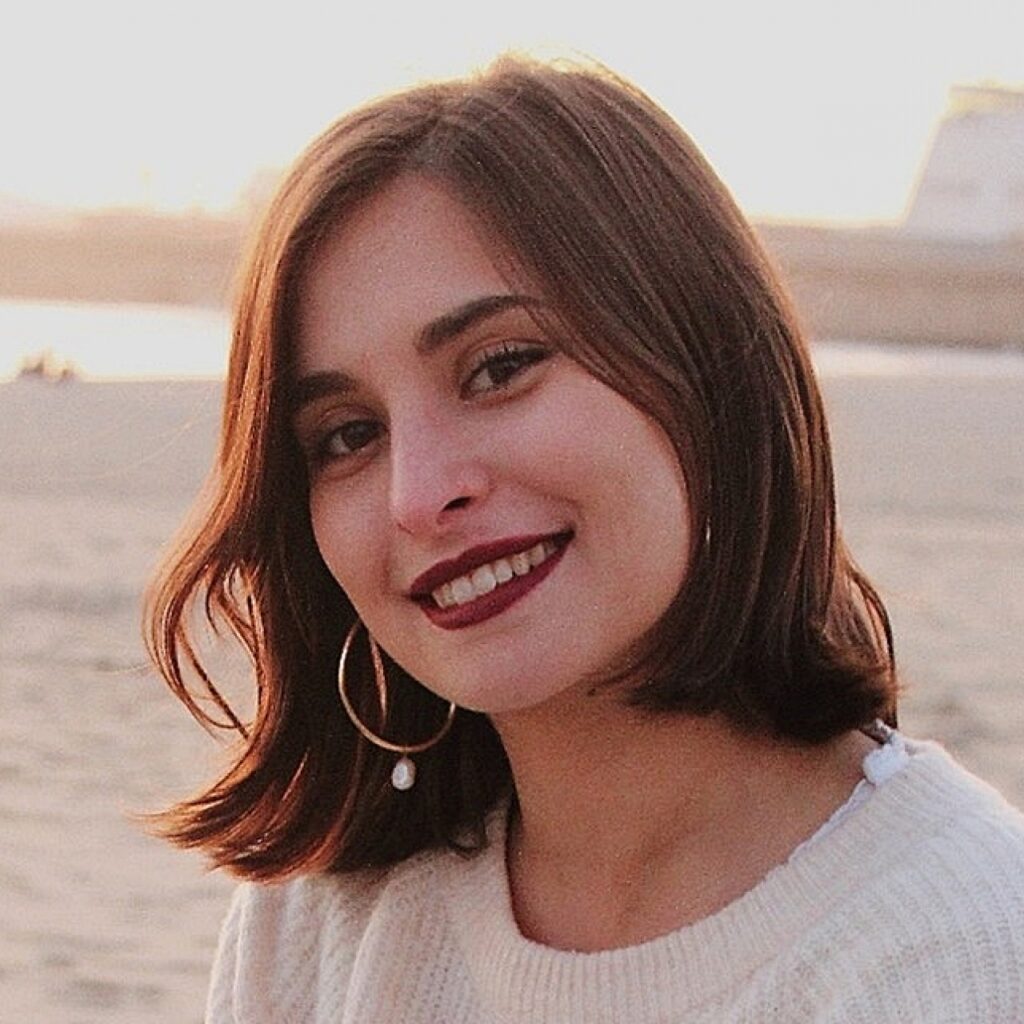

Mafalda Vieira holds a Bachelor’s in Biology and is currently finishing her Master’s on Ecology and Environment, both from the Faculty of Sciences of University of Porto. Presently working on colonisation processes and development of benthic marine diatom biofilms, particularly in artificial reefs prototypes, under different scenarios. The research focuses on characterizing marine benthic diatoms communities, for their intrinsic environmental importance, as well as obtaining diatom isolates, for characterization and potential future biotechnological applications.
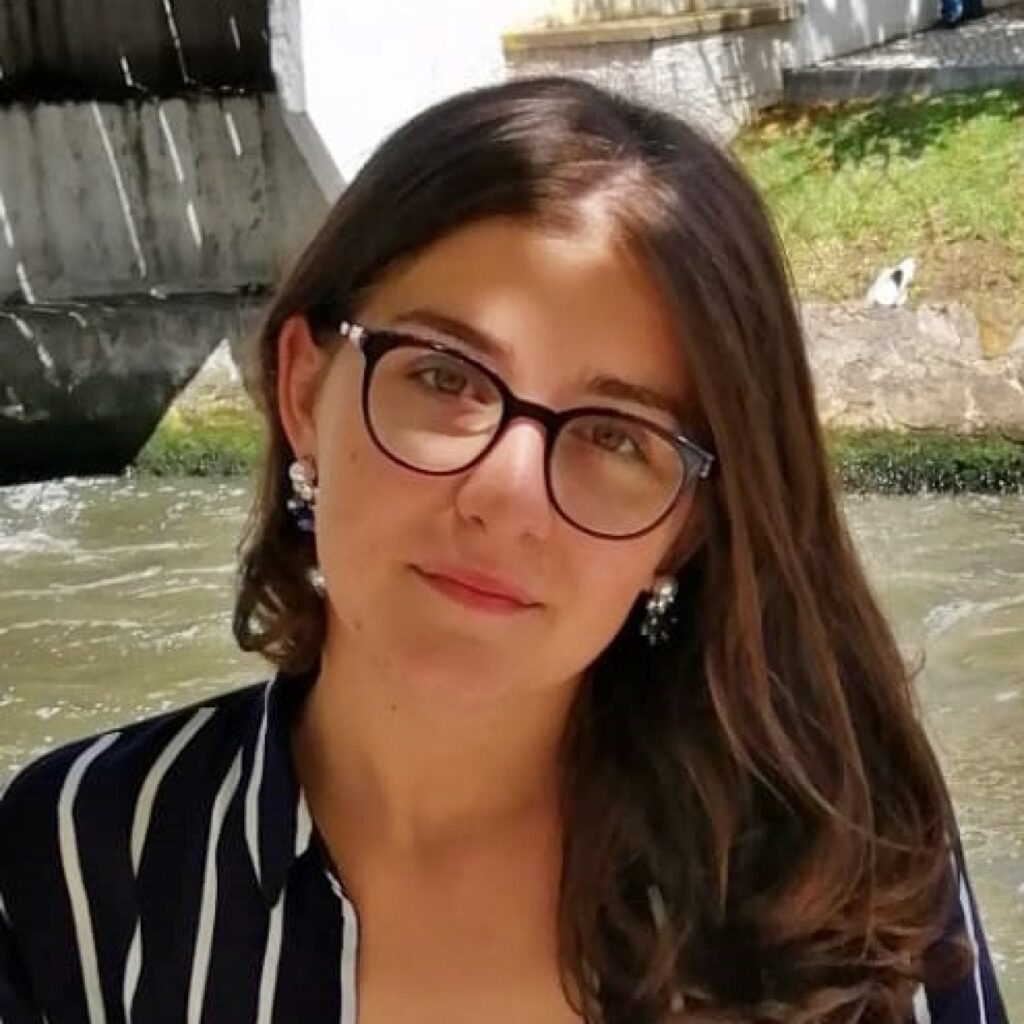

Bárbara Diogo holds a degree in Biology from the Faculty of Sciences of the University of Porto (2018) and a Master’s Degree in Aquatic Biological Resources at the same institution (2021). Since 2018, she has acquired skills and knowledge in water quality assessment, ecotoxicological risk assessment of various substances and mixtures in non-target organisms, and carrying out ecotoxicological tests of environmental monitoring. Published several articles in specialized journals and participated in national and international events, such as lectures, workshops, and meetings of young researchers.
Currently, Bárbara is a Ph.D. student in Environmental Contamination and Toxicology at Abel Salazar Biomedical Sciences Institute (ICBAS). Their areas of interest include ecotoxicology, microbiology, ecology, and water quality.
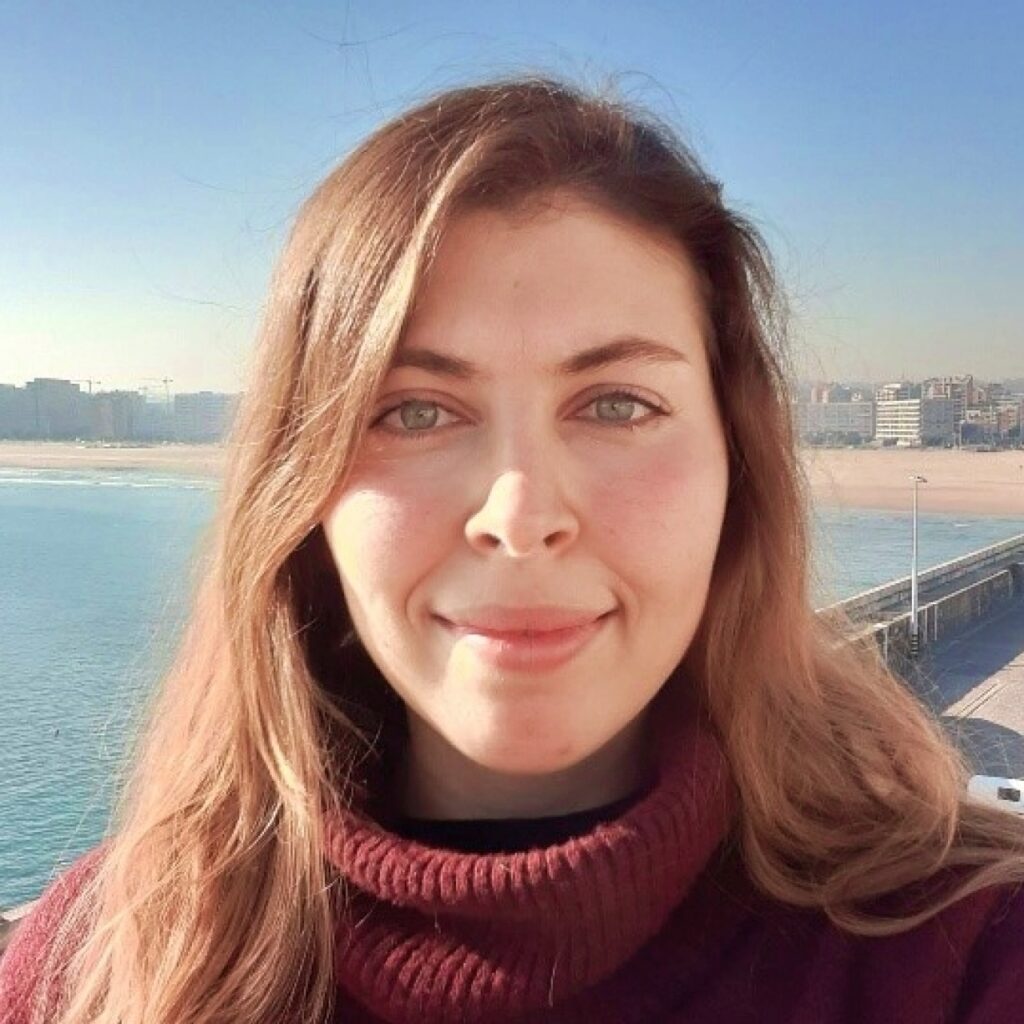

Bianca Reis is a PhD student at Coastal Biodiversity Lab in CIIMAR. Her research focuses on marine ecology, scientific diving, population dynamics and restoration of temperate reef ecosystems. She is interested in understanding vulnerability drivers, climate change effects and how resilience can be built in these environments. Her current research is centred on Iberian kelp forest's ecology and reforestation techniques; and artificial reefs as means for ecological restoration.
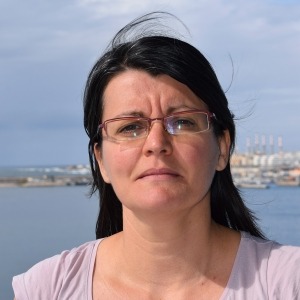

Débora Borges holds a PhD in intertidal ecology and her past research includes the impact of human harvesting in limpet (Patella spp.) biological traits and seaweed assemblages. Her work combines in situ scientific research on intertidal biodiversity with information acquired with Unoccupied Aerial Vehicles (UAV) or aerial drones. Her interests relate also to science outreach as a liaison with the society. Currently she is a postdoc researcher at CIIMAR.
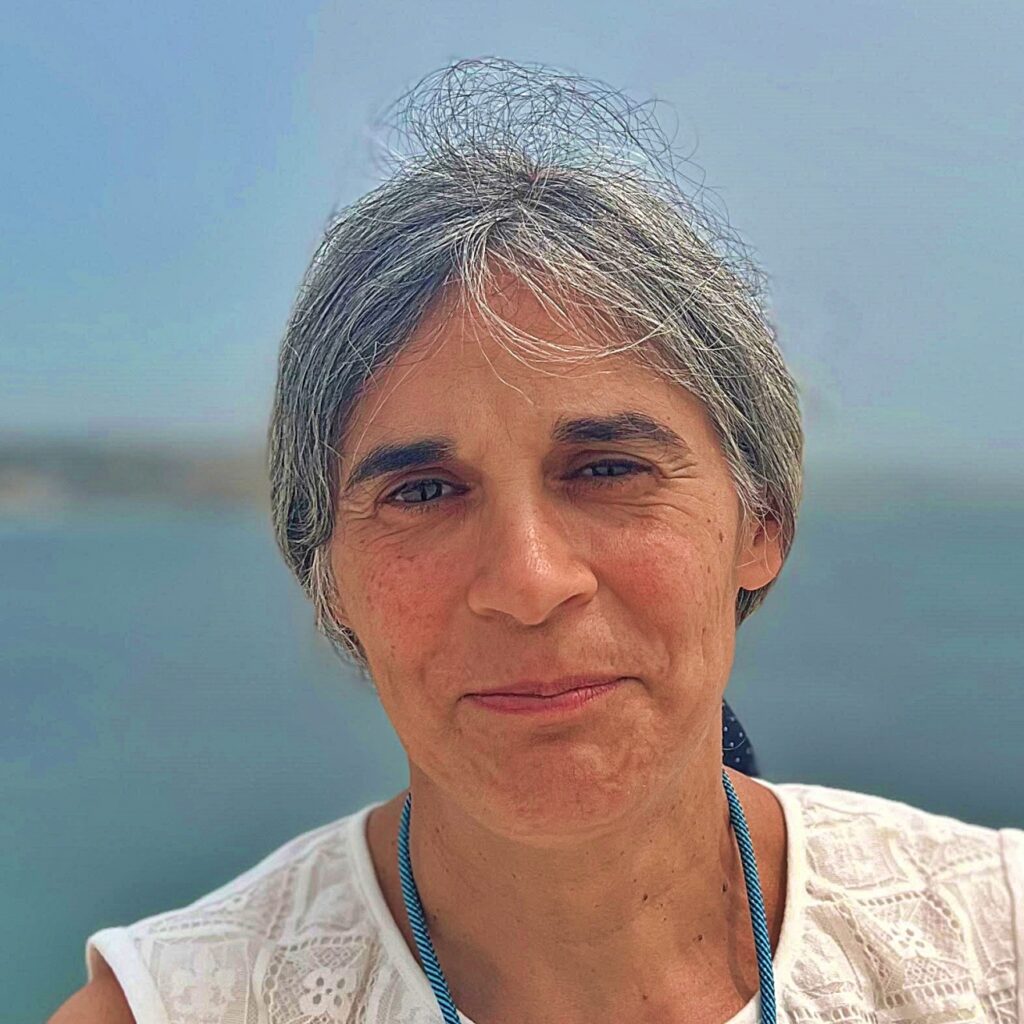

I’ve a degree in food engineering and a PhD in pharmacognosy. My research interests focus on phytochemical compounds with nutraceutical and/or pharmacological applications. I´ve vast experience in extraction, identification, and quantitation of bioactive compounds from algae and vascular plants. I’ve also experience with cellular and nom-cellular bioactivity assays, especially for the evaluation of antioxidant and anti-inflammatory potential of the extracted compounds. I’ve been involved in mentoring of undergraduate and graduate students, both national and foreigner, and on paper and report writing. I’ve joined the Coastal Biodiversity group to work on the project AquaVitae to make the most of cultivated algae.
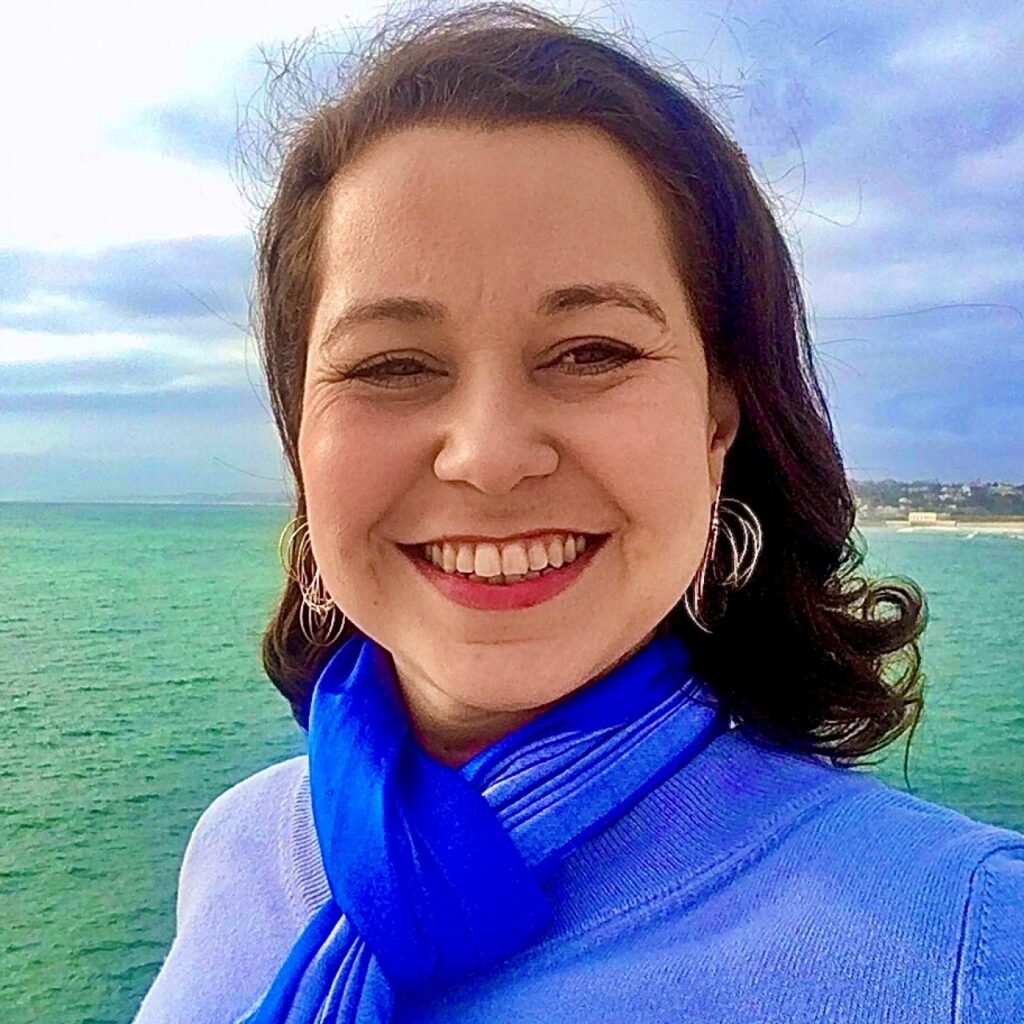

Carolina Lemos has a bachelor’s degree in Biological Sciences (1998) and a master's degree in Ecology from the Federal University of Rio Grande do Sul (2003). Since 2007 she is an Environmental Analyst at the Brazilian Institute of the Environment and Renewable Natural Resources (IBAMA / MMA). She has experience in the area of environmental licensing, diagnosis and monitoring of impacts on biodiversity and environmental education. She is currently a PhD student in Biology at the Faculty of Sciences of the University of Porto, where she studies Offshore Wind Power and possible impacts on marine biodiversity.
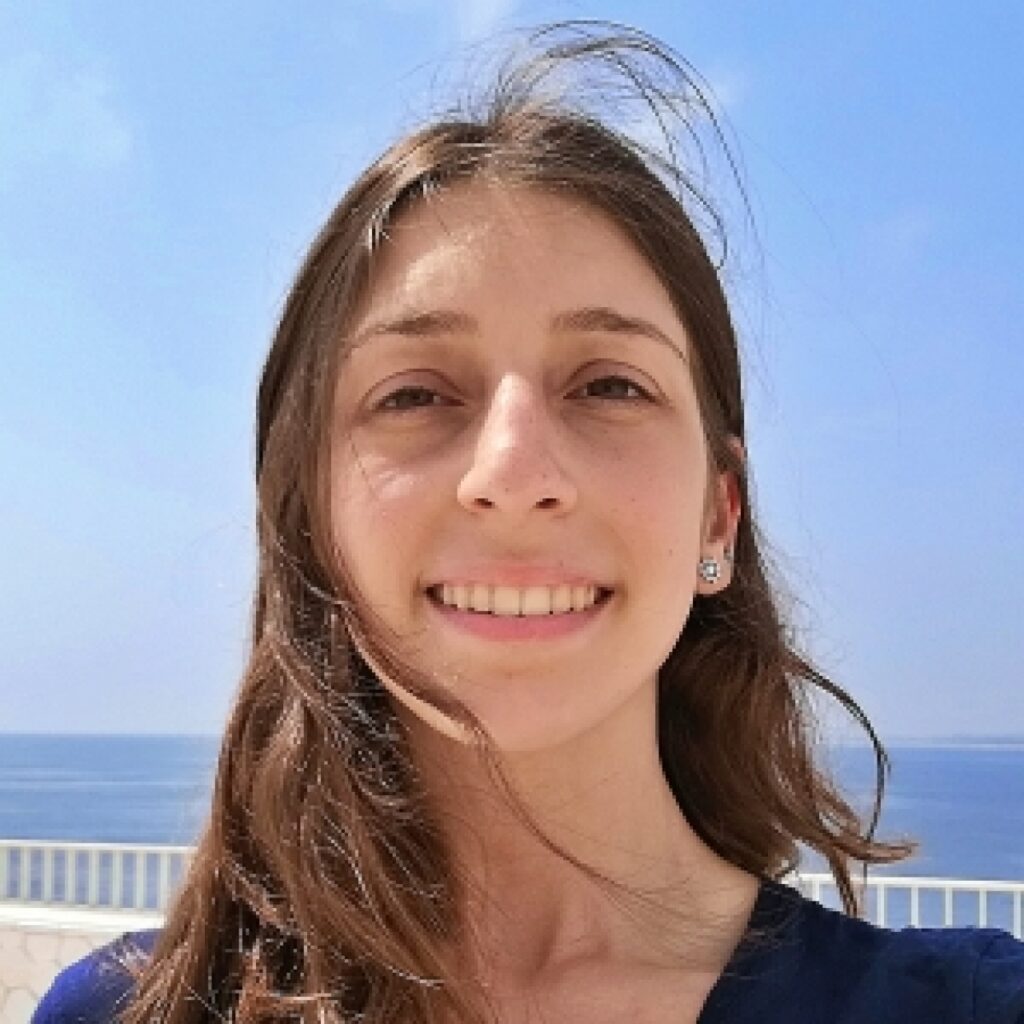

Cláudia Rodrigues is a PhD student at the Faculty of Sciences, University of Porto, with a BSc in Biology (2019) and an MSc in Ecology and Environment (2021). Her journey in cetacean research began in 2018 with an internship at ECOMARE – Center for Rehabilitation of Marine Animals (CRAM). In 2019, Cláudia joined the CETUS project (ongoing cetacean monitoring programme in the Eastern North Atlantic) at the Interdisciplinary Centre of Marine and Environmental Research (CIIMAR), where she developed her MSc thesis. Since 2021, she has been hired for the following projects: CetAMBICion (DG ENV / MSFD 2020, concluded) and ATLANTIDA (NORTE-01-0145-FEDER-000040, concluded). Currently, Cláudia is pursuing a PhD at CIIMAR, focusing on cetacean acoustics.
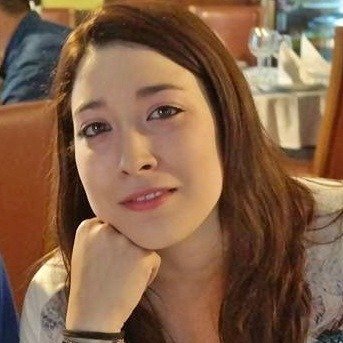

Completed the Masters Degree in Marine Biology in 2019/12/16 by the University of Aveiro and Degree in Biology in 2016/06/15 by the University of Aveiro. Published 5 articles in scientific journales. Operates in the area(s) of Natural Sciences with an emphasis on Biological Sciences, more specifically in Biology. In her professional activities she interacted with a collaborator in co-authoring a scientific work. Currently, Daniela Rebelo is a PhD student from Fundação para a Ciência e Tecnologia.
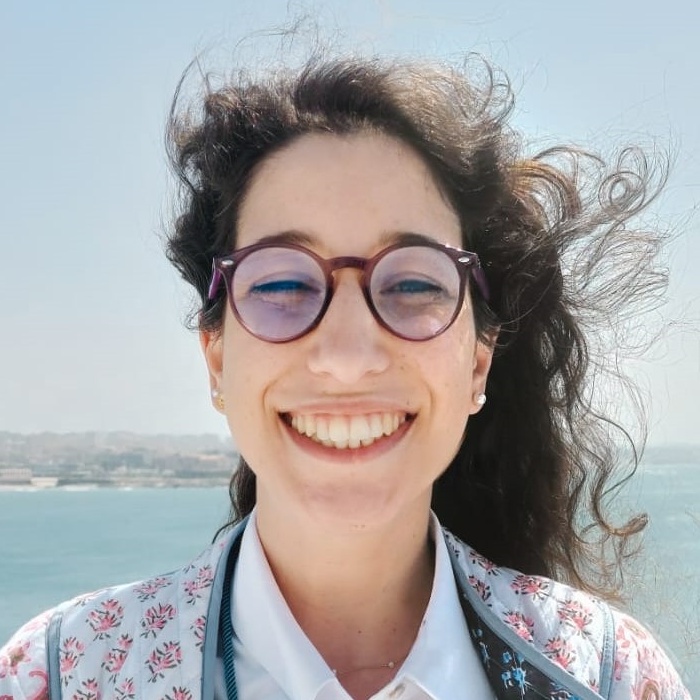

I hold a Bachelor’s degree in Biology and a Master’s degree in Ecology and Environment from the Faculty of Sciences of the University of Porto. Currently, I am a Ph.D. student enrolled in the Doctoral Program in Aquatic Sciences – Biology and Ecology. The title of my project is “The effects of climate change on Patella spp. early stages of development.”
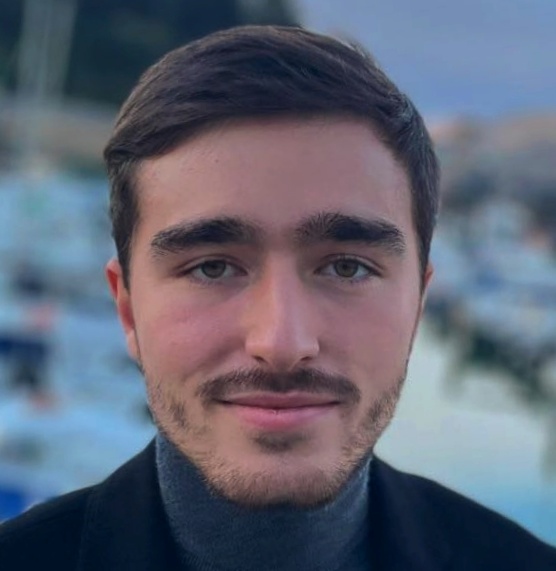

BSc in Biological Sciences with a focus on the environment from the Complutense University of Madrid, enrolled in the last semester of the Erasmus Mundus MSc Environmental Contamination and Toxicology (ECT+). Currently developing my thesis on the quantification and characterisation of marine litter in the Ave’s River estuary, taking the opportunity of the implementation of an innovative removal technology (Bubble Barrier), in the scope of the European Project MAELSTROM. Identification of its main sources and promotion of scientific knowledge and public awareness through citizen science activities contributing to the promotion of good practices, and responsible choices for a truly sustainable society.
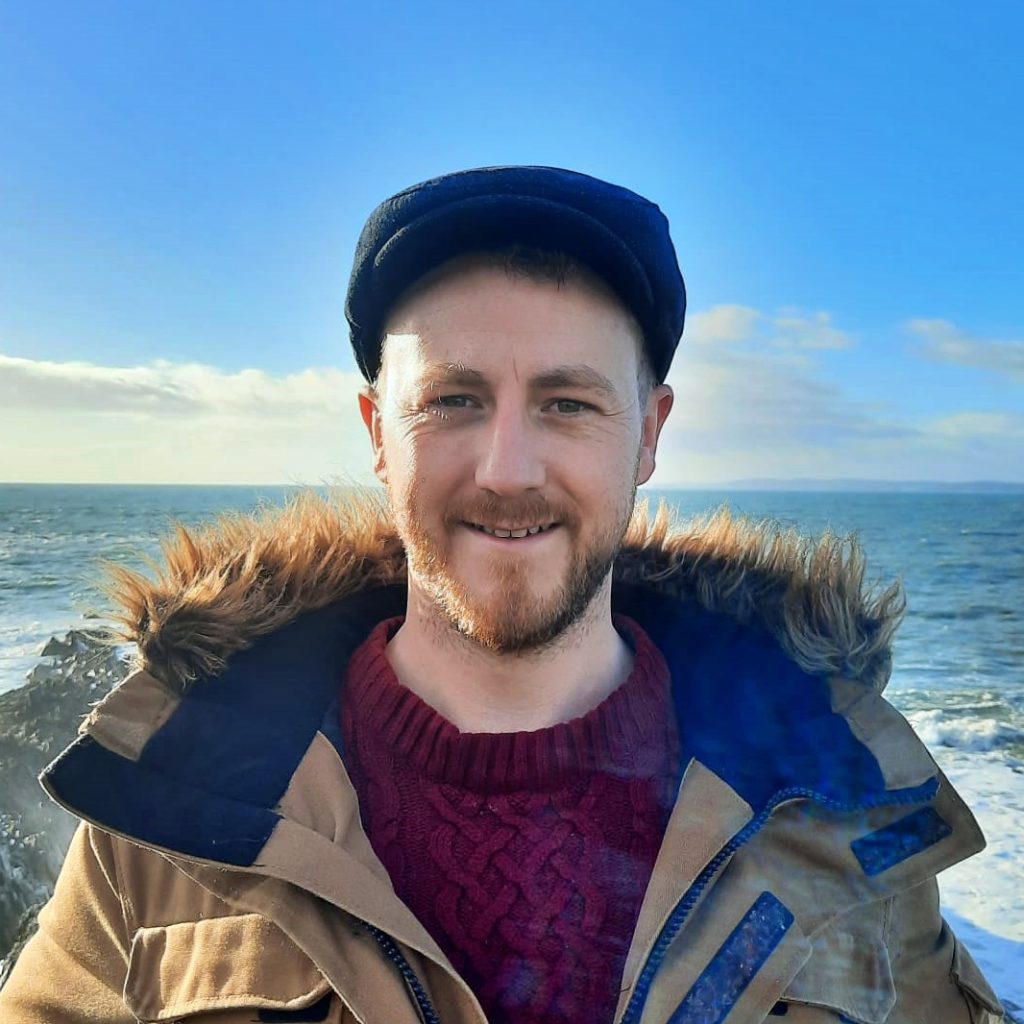

Gary Kett is a marine ecologist from Ireland, he received his PhD from University College Cork after studying the impacts of marine climate change on intertidal shellfish aquaculture, specifically, he examined how changes in UV radiation affected the health of Pacific oysters and the development of bacterial and viral pathogens of concern. His previous research experience also includes marine mammal ecology and conservation and monitoring offshore industries for impact mitigation. Gary has held the role of Ireland’s All-Atlantic Ocean Youth Ambassador engaging in High-Level dialogue, ocean science diplomacy, science communication, and network building. He joined the LBC group to work on Marine Litter, implementing solutions to reduce plastic pollution and enhance stakeholder engagement.

Gonçalo Marinho received his PhD degree from the Technical University of Denmark (DTU) in 2016. His research focuses on the sustainable production of seaweeds through the development of optimized hatchery and cultivation methods, the bioremediation and conversion of waste nutrients into valuable seaweed biomass, and the valorisation of seaweed biomass to provide food, feed, and bio-based products aiming for a more sustainable and circular economy.
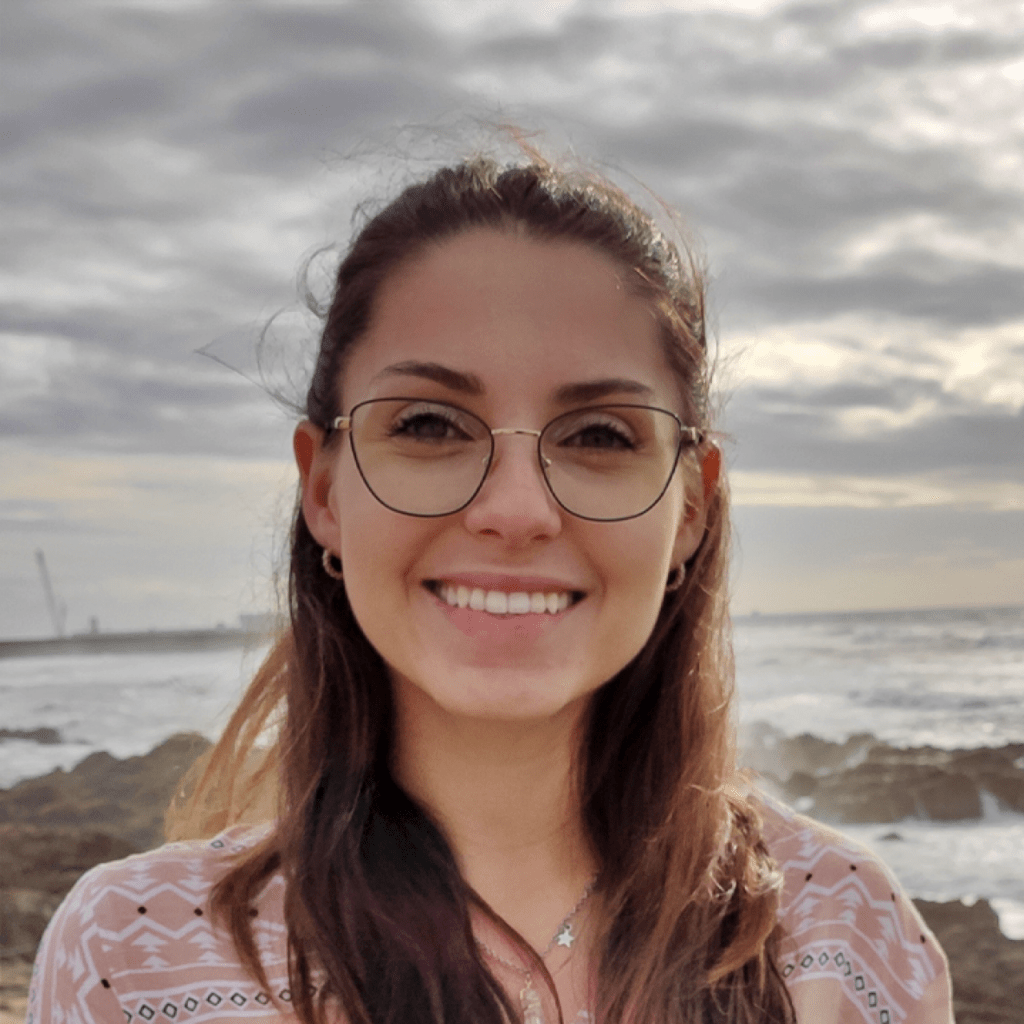

Inês Santos graduated in Aquatic Sciences at the Abel Salazar Institute of Biomedical Sciences of the University of Porto, and is currently attending a Master’s Degree in Aquatic Biological Resources at the Faculty of Sciences of this University. His master’s thesis focuses on optimizing both the preparation of kelp stock cultures as well as the production techniques for these cultures with application in several areas, particularly in the field of reforestation.
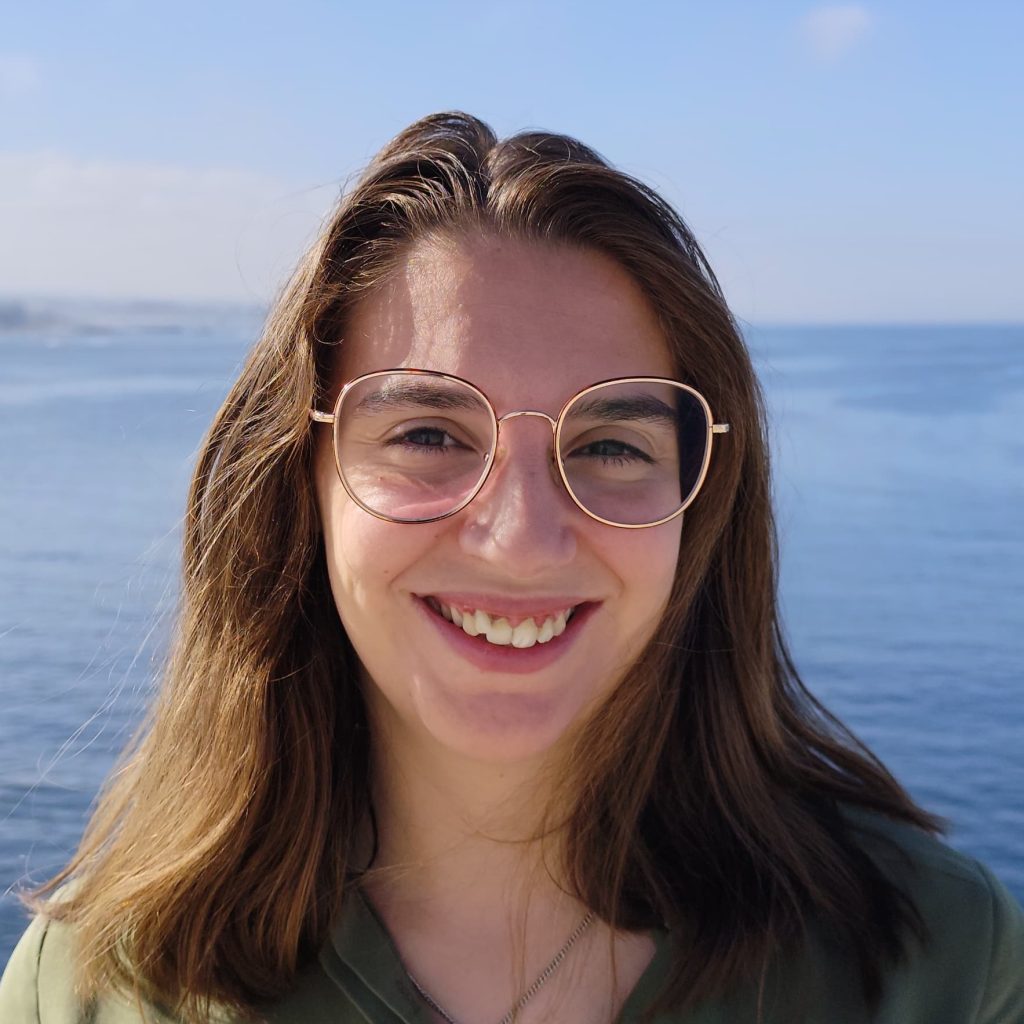

Iolanda Silva has a degree in Marine Biology (2020) at the University of Algarve and completed a master’s degree in Marine Biology and Conservation at the Instituto Universitário das Ciências Psicológicas Sociais e da Vida in 2023, where the main objective of her dissertation was to understand the effects of vessels on the behaviour of common
dolphins in the Tagus estuary. Her interests lie in behavioral ecology, bioacoustics, and conservation of cetaceans. In 2024, she started working with the CETUS Project team.
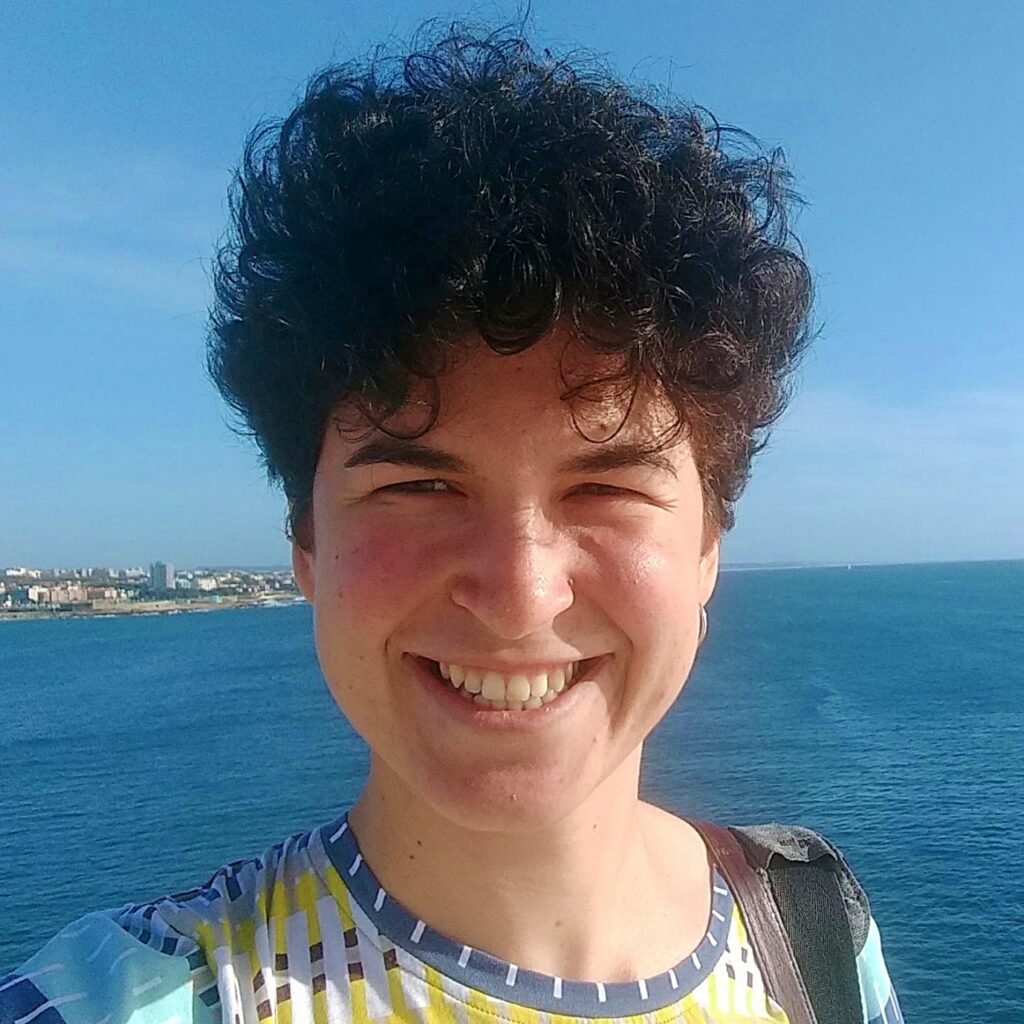

Isabel G Martos, graduated in marine sciences from the University of Alicante (Spain) and with a master’s degree in marine cultures from the University of Santiago (Spain). Her research has focused on the development of Octopus vulgaris’ culture from both aquaculture and molecular biology perspective. Besides, her mains interests are the protection and conservation of benthos in terms of the development of sustainable crops and the characterization and classification of individuals. Currently her studies are focused on the development of macroalgae crops, which bring with them sustainable alternatives in the industry and society.
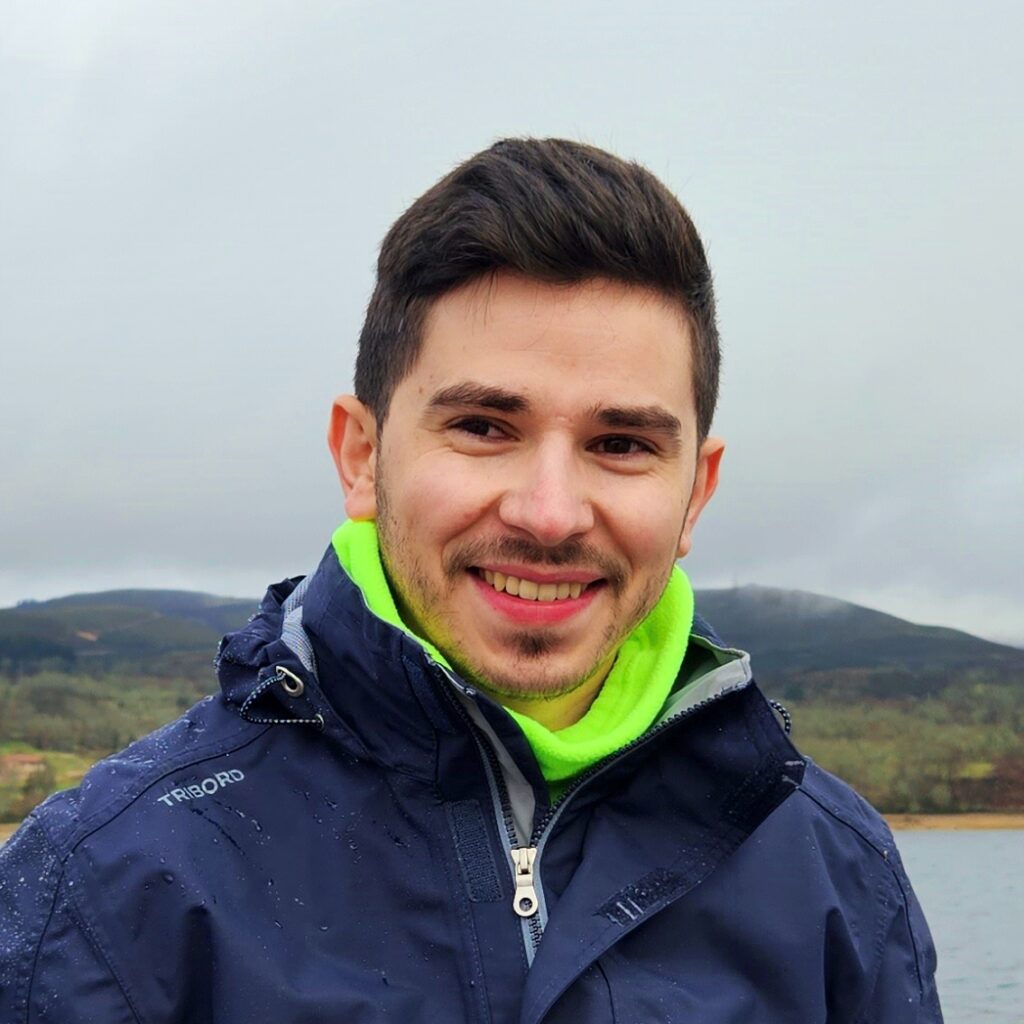

Ivo Filipe Magalhães Pinto holds a Degree in Biology since 2017 and a MSc in Ecology and Environment since 2019 by Faculty of Sciences of University of Porto. He is a PhD student in Environmental Contamination and Toxicology at Abel Salazar Biomedical Sciences Institute – University of Porto. Published several articles in specialized journals and participated in national and international events. Works in the area of Biological Sciences with emphasis on Aquatic ecosystems; Biological indicators; Ecology, Ecotoxicology, Freshwater biology, Microbiology, Population dynamics; and Water quality.
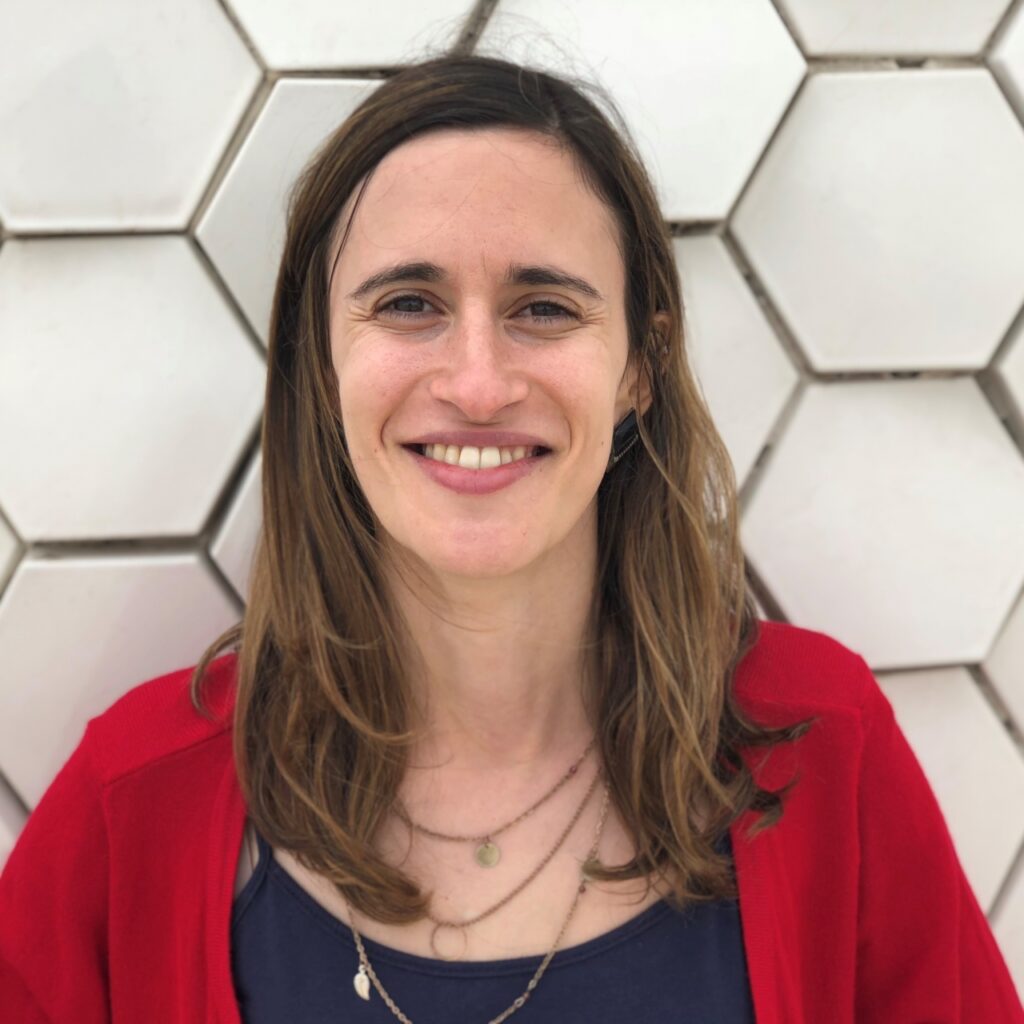

Joana Assunção is currently doing her PhD of Chemical and Biological Engineering in University of Porto belonging to the group of LEPABE (Laboratory for Process Engineering, Environment, Biotechnology and Energy) and CIIMAR.
Her main focus is the optimization of biomass production and bioactive compounds in marine cyanobacterium Synechocystis salina.
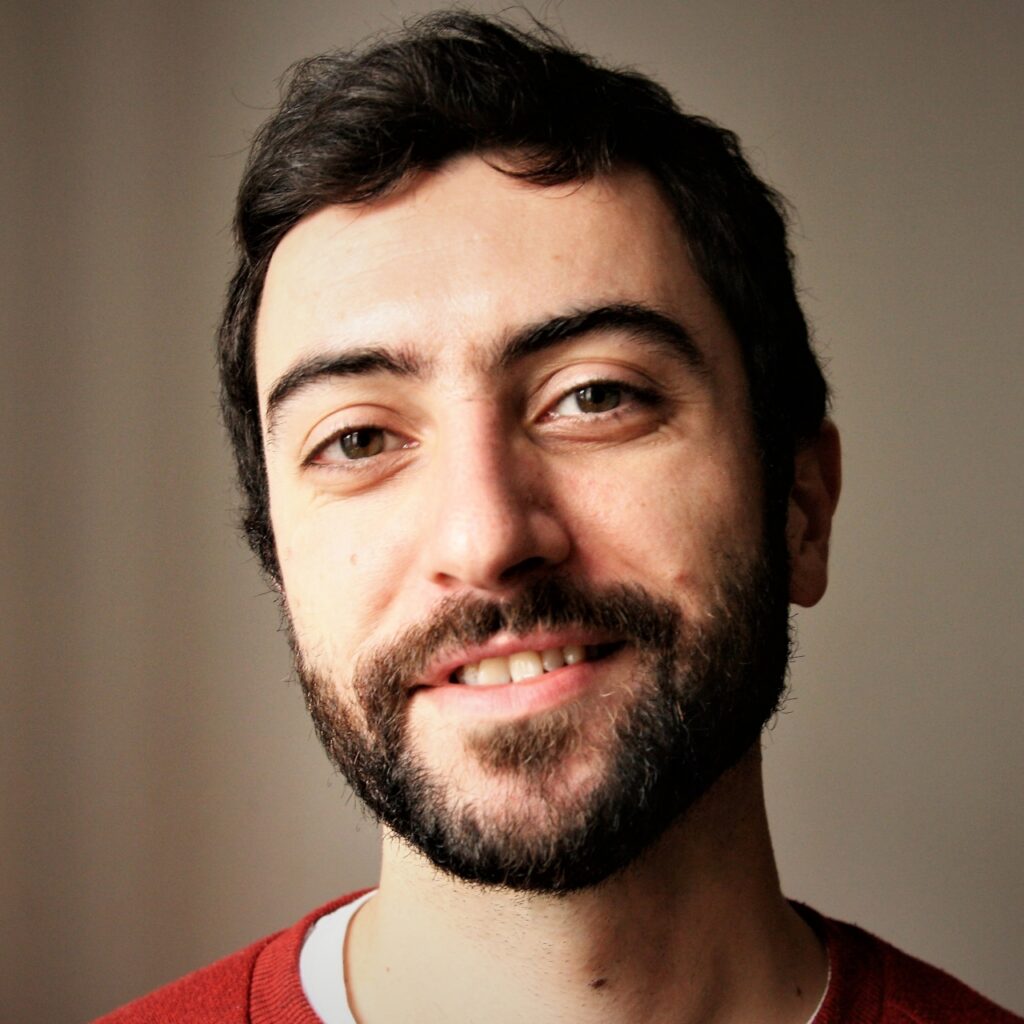

My research covers diverse topics in the fields of social-ecological systems science, marine conservation, and political ecology. Currently, I am working with coastal communities and policymakers to safeguard marine biodiversity and to achieve social justice in ocean resource use under climate change.
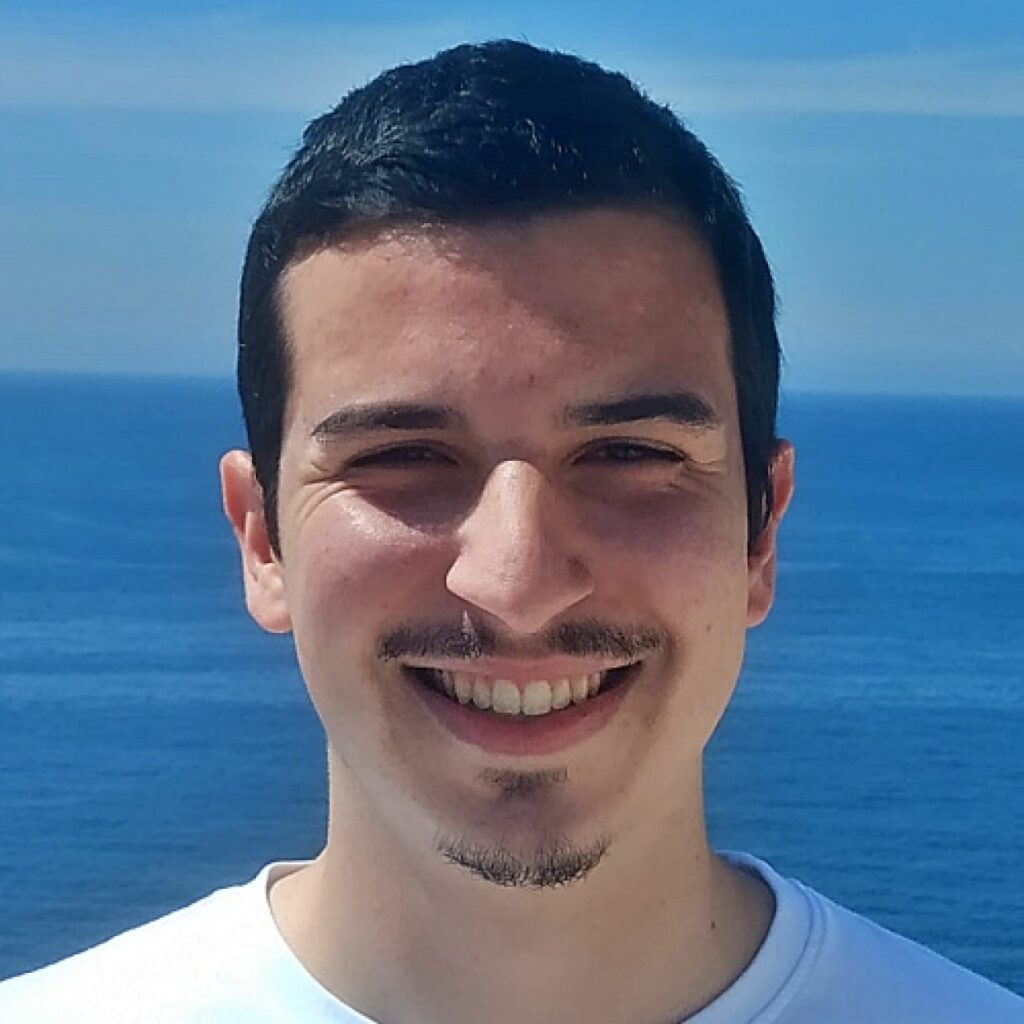

Researcher at the Coastal Biodiversity Laboratory with a master’s degree
in Applied Marine Biology from the University of Aveiro. His research, in collaboration
with the ECOBIOTEC laboratory, is carried out in the field of cetacean ecology, with the main
focus on environmental DNA and its application to the study of these animals.
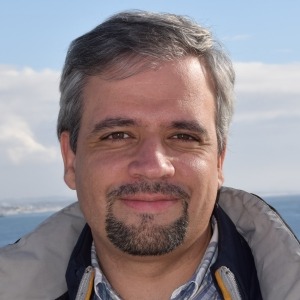

Luis R. Vieira is a Researcher at the CIIMAR-UP. His scientific activities focus on Ecology and Ecotoxicology, covering several priority topics, including coastal and estuarine ecology, biodiversity, water quality assessment, ecosystems vulnerability, contaminants of emerging concern (e.g. marine litter and microplastics), combined effects of multiple stressors on organisms, climate change impacts, and other pressures on aquatic wildlife. He is also working on the science-policy-society interface, multi-sectoral stakeholder engagement and promoting ocean literacy. Luis R. Vieira is the author of several scientific production indicators in Environmental Sciences, including international books, book chapters and publications in ISI journals.
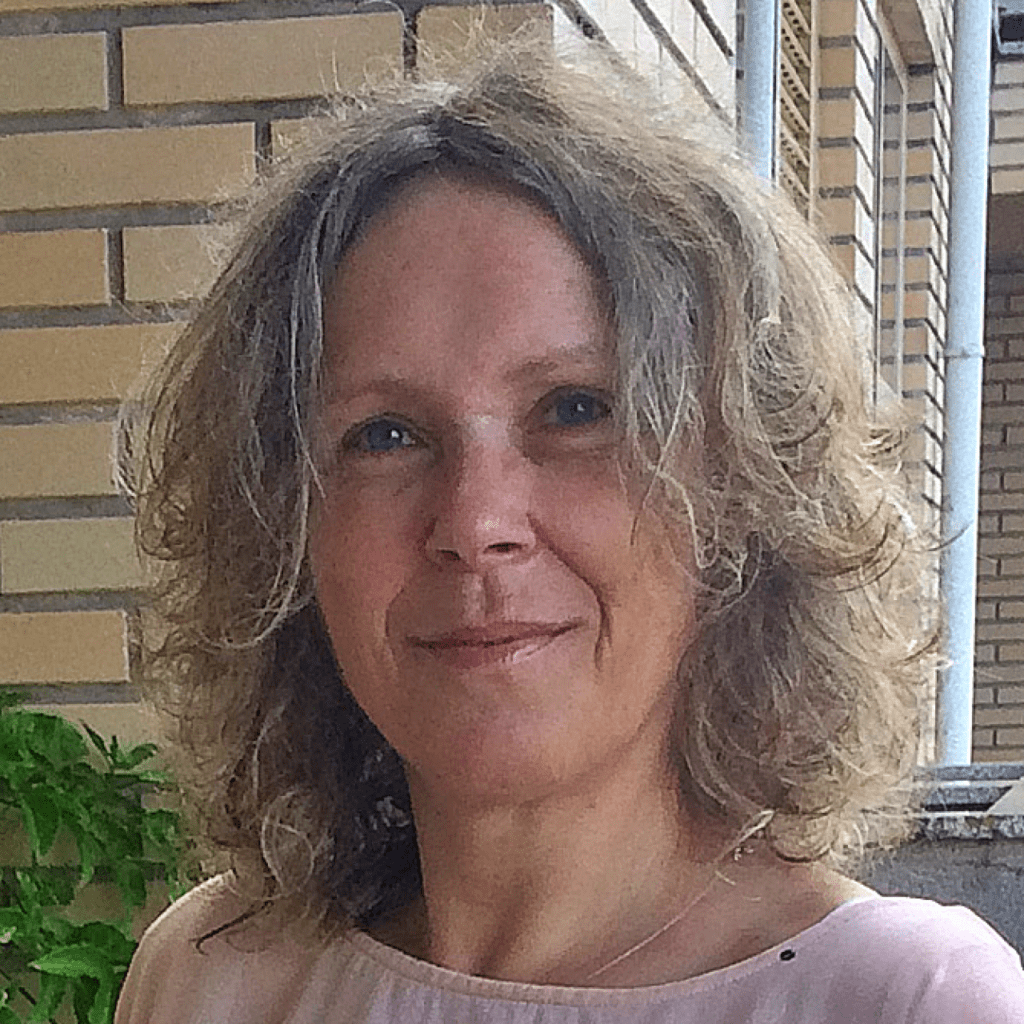

Maria Marinho is a PhD student in Biology at Faculty of Sciences – University of Porto and CIIMAR. She graduated in Biology and her MSc in Ecology and Environmental, both at Faculty of Sciences of the University of Porto. Her main area of research is to develop new solutions for feeding farmed fish, using living organisms, not only to increase their quality, but also to improve their visual characteristics.
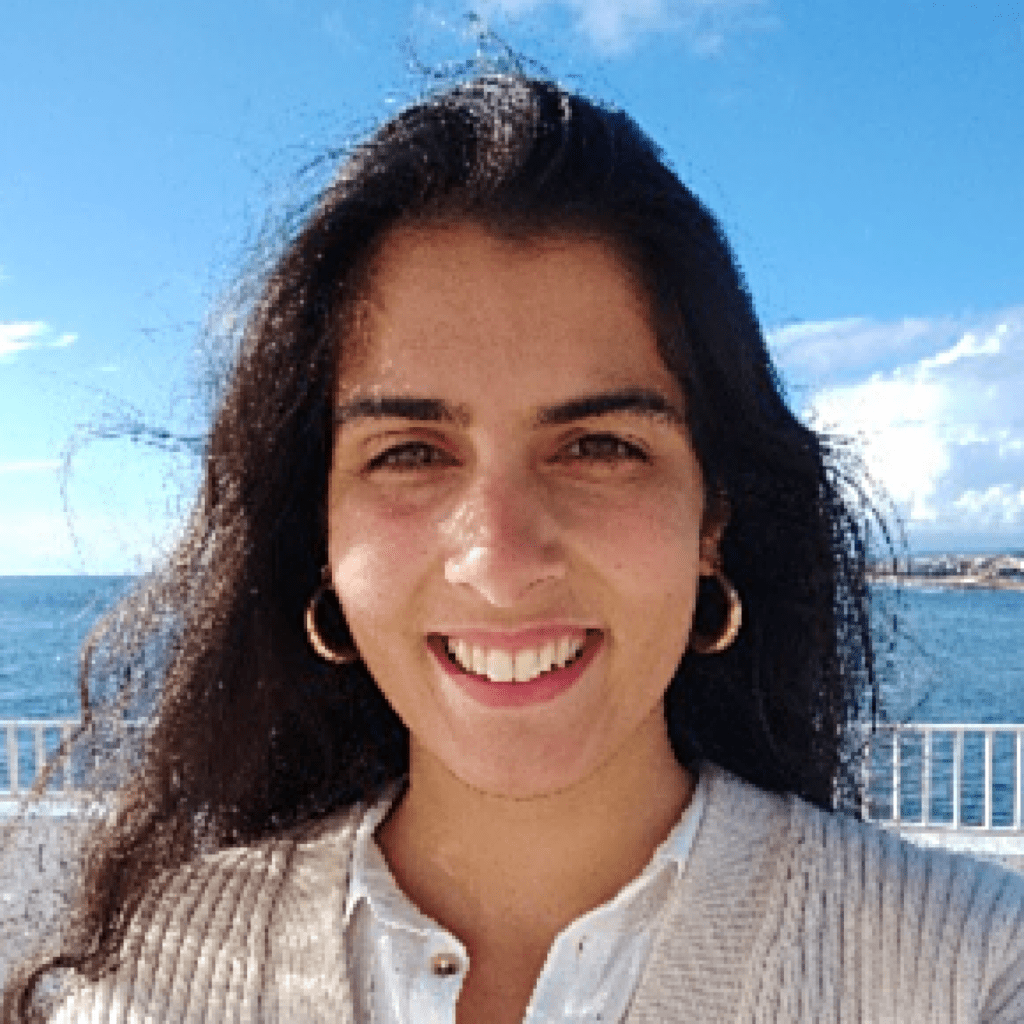

Maria Francisca Sá is a research technician in the Vertical algae project. She works with maternity and nursery of kelp and Codium species to be deployed in the Portuguese sea. She had previously worked as a technician in the SølKelp Project and also as a research fellow in the AquaVitae Project. Francisca holds a MSc in Biological Aquatic Resources and a degree in Biology from the University of Porto. Her areas of interest are seaweed aquaculture and ecology.
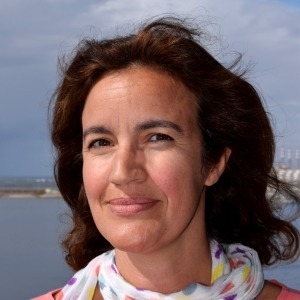

Isabel Costa received her PhD from the University of Porto in 2008 in estuarine ecology and modelling, working on primary productivity and phytoplankton community function. She has worked on ecological quality assessment and rehabilitation of freshwater and estuarine ecosystems, in academic and industrial environments. She has been working for several years now in seaweeds cultivation projects, namely in developing and implementing methods for seaweed cultivation at the lab, at sea, and on land pilot scale facilities; and in seaweed valorization projects as food and feed ingredients. She participated in 12 projects and published so far 13 publications in SCI journals. She has collaborated with different academic institutions as a teacher, at bachelor and master levels, and as student supervisor.
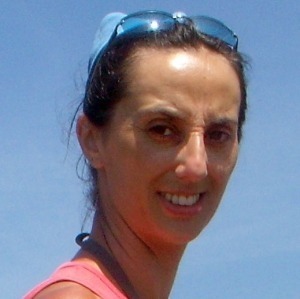

Puri Veiga graduated in Marine Sciences in 2000 by the University of Vigo, completed her MSc in Biodiversity and Conservation in 2003 and her PhD degree in 2008 by the University of Santiago de Compostela. She is currently Auxiliary researcher at CIIMAR funded by the “Stimulus to Scientific Employment”. Her research is focused on marine biodiversity, from basic taxonomy to more applied issues, such as assessing anthropogenic effects on biodiversity, their consequences to human-wellbeing and as ameliorate them by using habitat-forming as nature-based solutions. Her previous research includes the description of a genus and 7 new invertebrate species to science.
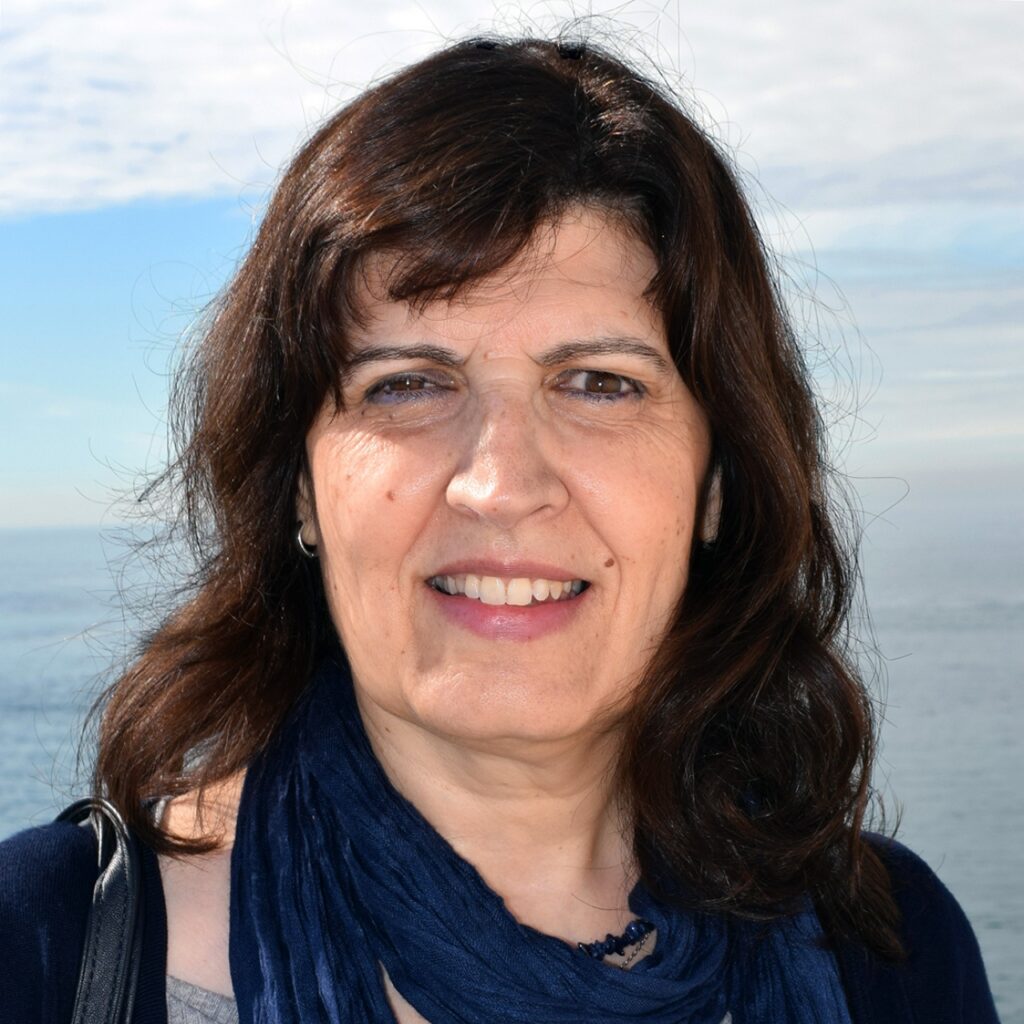

Maria Teresa Borges graduated and done MSc and PhD in Biology. She is Professor at Faculty of Sciences, University of Porto, and Researcher at CIIMAR since its foundation. Research interests are multidisciplinary and applied, with focus on Applied Microbiology (Bacterial and Microalgal Biofiltration processes), Environmental Biotechnology (Biofilms, Photobioreactors, Bioremediation, Saline Wastewater Treatment and Valorization via Integrated Systems) and Aquaculture Environmental Sustainability (Recirculation systems, dissolved CO2). She has vast experience in teaching and supervising students, university and research projects management (e.g. RACEWAYS, AQUAMONITOR, RASORGMAT), publishing in different types of scientific media, and science dissemination.
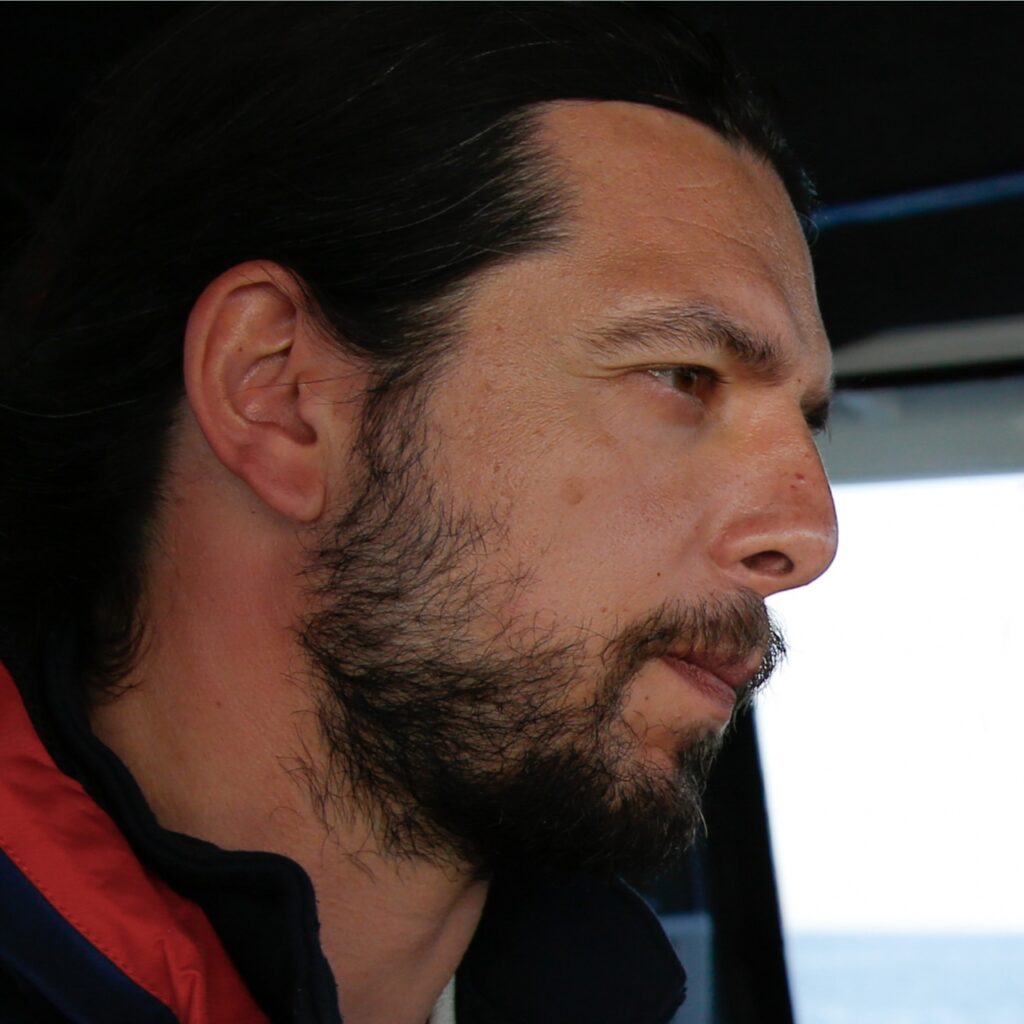

Massimiliano Rosso has been carrying out marine mammals research projects since 2002, mainly in the NW Mediterranean Sea. He is the PI of a long-term photo-identification study on the poorly known Cuvier's beaked whale population in the Pelagos area, carried out by CIMA Research Foundation. MR expertise includes cetacean stocks assessment, population dynamics, behaviour ecology and bioenergetics – with special attention to toothed cetacean populations ecology.
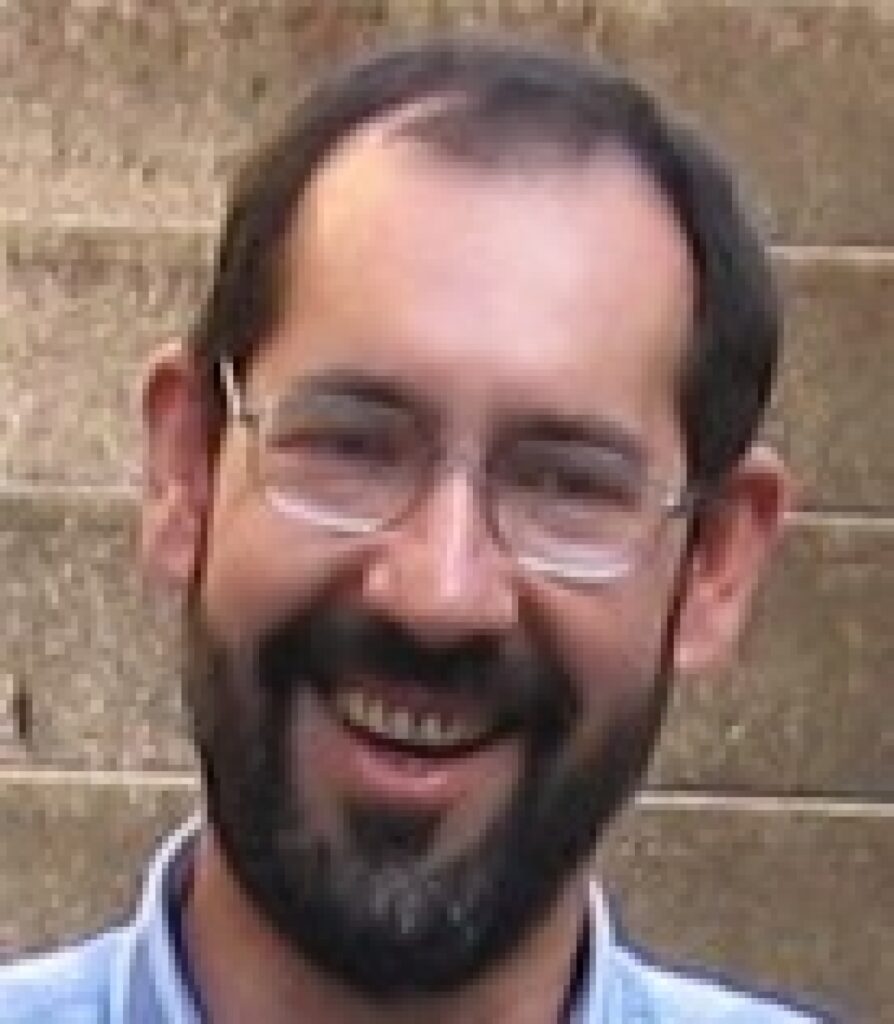

Paulo Talhadas dos Santos, Doutor em Biologia na especialidade de Ecologia Animal, é Professor auxiliar com nomeação definitiva na Faculdade de Ciências da Universidade do Porto, onde lecciona nas áreas de Ecologia Marinha, Biologia da Conservação, Gestão e Conservação dos Recursos Naturais, Biodiversidade e ainda Educação Ambiental. Membro do CIIMAR, Centro Interdisciplinar de Investigação Marinha e Ambiental, exerce a sua investigação nas áreas da caracterização e gestão de ecossistemas ao nível da biodiversidade e qualidade, em especial na Biologia Marinha e Estuarina e na biologia dos recursos pesqueiros, trabalhando igualmente em questões de ordenamento do território. Tem trabalhos publicados no âmbito da ecologia aquática, biologia pesqueira e ordenamento do território. Foi responsável e/ou elemento colaborador em vários projectos de investigação em ictiologia, ecologia marinha e estuarina, bem como em estudos de impacte ambiental e em planos estratégicos e de ordenamento da zona costeira e de albufeiras.
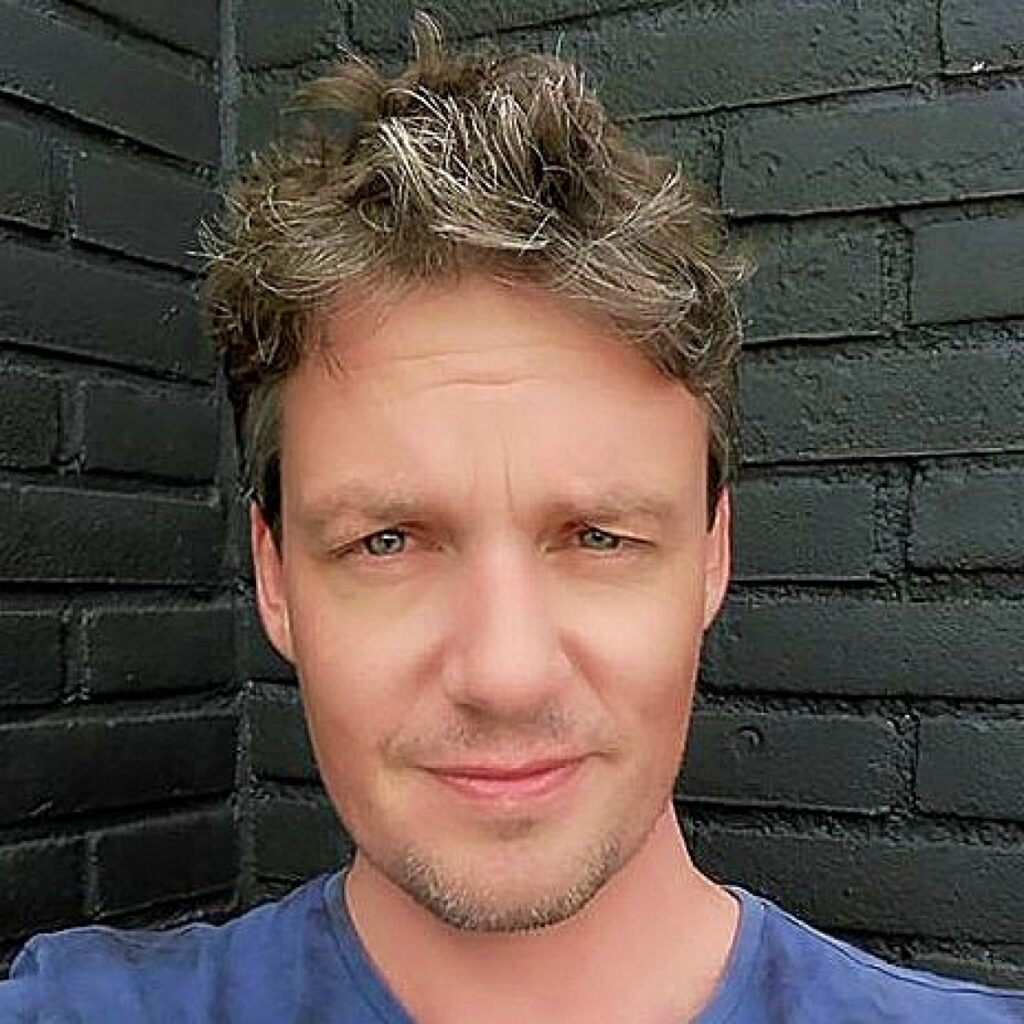

Holds a PhD degree in Marine Ecology from the University of Coimbra. Past research has focussed on investigating macrofaunal community functioning in coastal ecosystems using trait-based approaches. Presently responsible for the CIIMAR’ Scientific Dive Centre and involved in various projects that includes Scientific Diving.
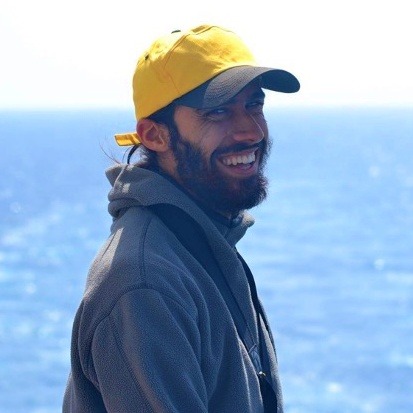

Raul Valente is a PhD candidate at the Coastal Biodiversity Lab in CIIMAR. His research focuses on cetacean ecology and evolution. Within these two topics, he holds a strong interest in using monitoring tools to enhance cetacean conservation and investigating how molecular and environmental factors influenced cetacean unique phenotypes.
In collaboration with the AGE laboratory, his ongoing research focuses on comprehending cetacean population dynamics through genomic approaches and exploring the impact of gene loss in shaping the distinctive traits observed in cetaceans.
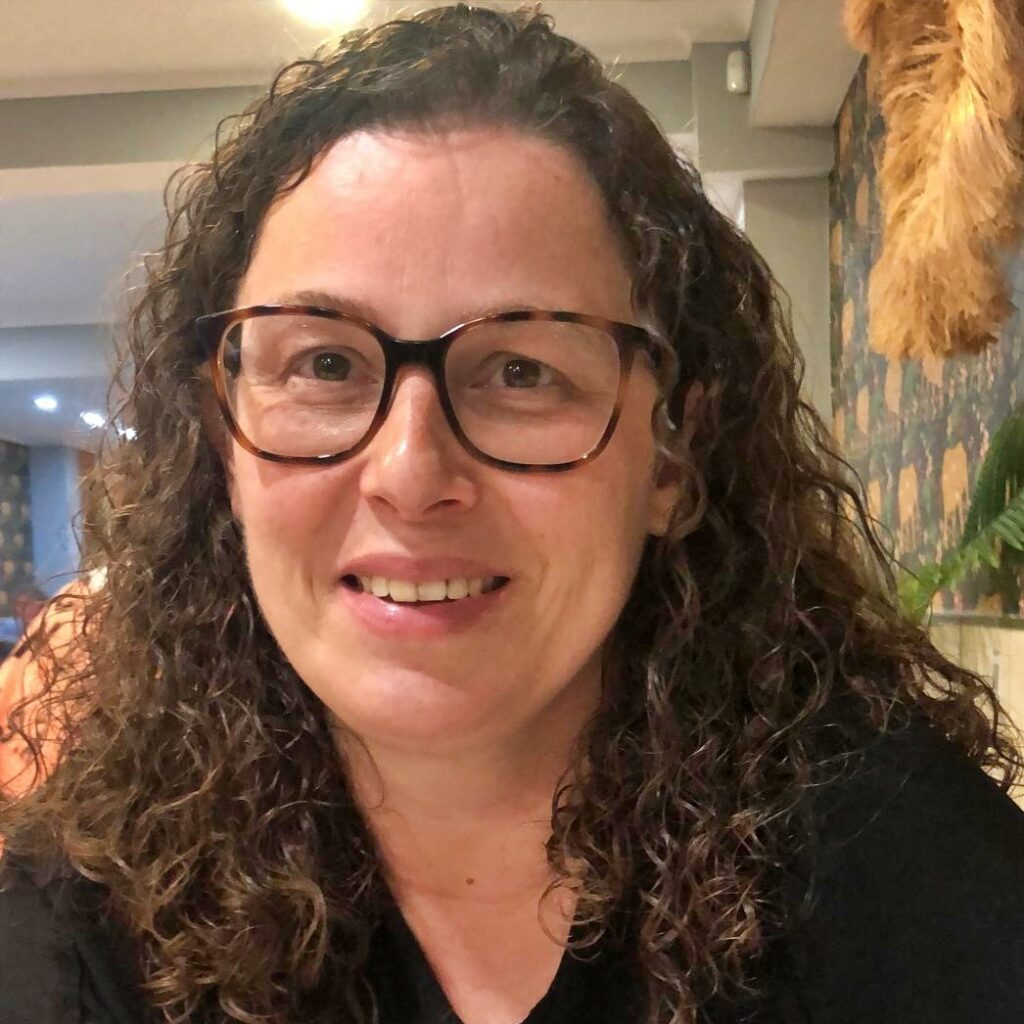

Sara Antunes holds a degree in Biology, which was followed by a research career leading to her Master and Doctoral thesis focused on ecology and ecotoxicology, respectively. Since 2012, she has been a professor and researcher at the University of Porto. Her main area of research is in the fields of Aquatic Ecology and Ecotoxicology. She has published many papers in international, peer-reviewed journals, and she led numerous scientific studies and performed consultancy services for external institutions. Although her main research focus is aquatic ecology/ecotoxicology, she has also developed scientific skills in the area of environmental monitoring and environmental education.
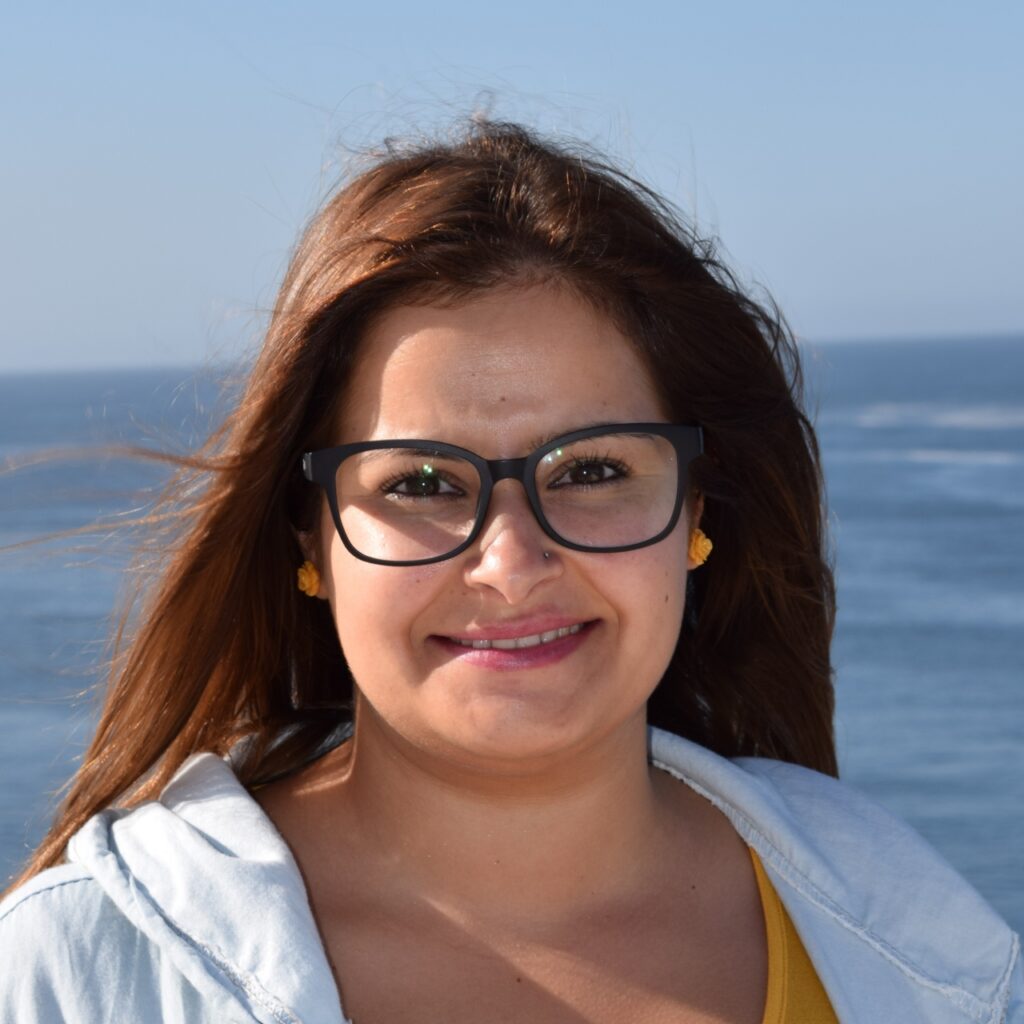

Sara Rodrigues (SR) has a Ph.D. in Biology (FCUP; 2018) with solid experience in physiology, biochemistry, and ecology of different aquatic organisms and complementary expertise in risk assessment and ecotoxicology of several xenobiotics, and in the integrated assessment of water quality and ecological potential of reservoirs, using several biological responses (multispecies and multimarkers approach). In 2019, SR earned an investigator position (REDEFINE – ref: POCI-01-0145-FEDER-029368) at CIIMAR-UP, which ended in October 2021. Since November of 2021, SR is a researcher of CIIMAR/FCUP (2020.00464.CEECIND – CEEC Individual/3rd edition). SR has had the opportunity to consolidate her career in scientific research focused on aquatic ecology and the ecotoxicity of different xenobiotics (pesticides, detergents, and pharmaceuticals), and the environmental safety of non-target organisms. Over the years of a short, yet prestigious career, SR has been specializing in individual (reproduction, behavior of organisms), and sub-individual responses, (multimarker approaches: biochemical, physiological, cellular, and tissue/organ ecotoxicological tools). SR has been actively involved in communication and outreach activities (for different target audiences), participating in the organization of international and national scientific events, and giving laboratory assistance to different academic degrees. Of the 30 published papers in peer-reviewed journals, 18 were published in the last 5 years, 10 as of 1st author, and 8 as co-author.
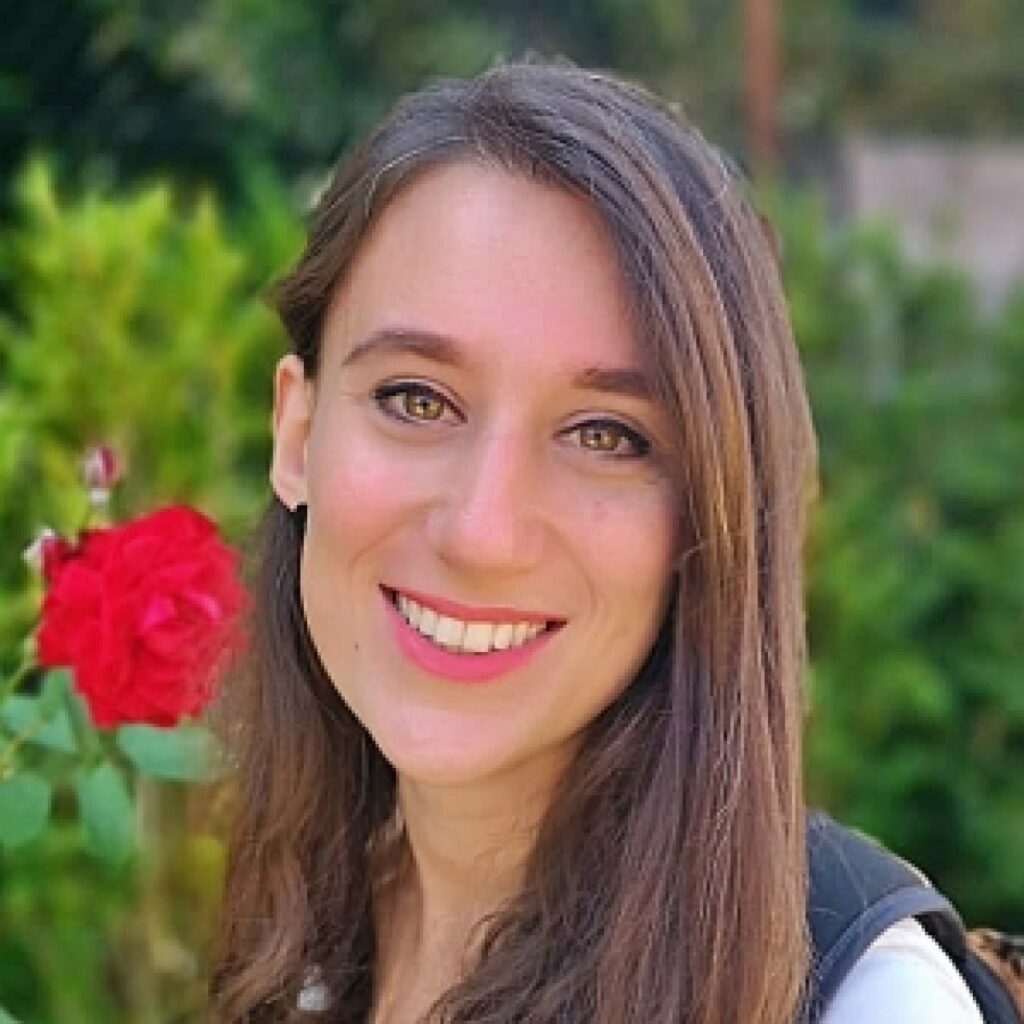

Silvia Chemello is a Marine biologist with a solid background in coastal ecology. Her research focuses on the study of intertidal rocky environments and the relationship with their associated communities. She also works on macroalgal reforestation, implementing and testing suitable techniques for the restoration of endangered populations of both Atlantic and Mediterranean algal species. International collaborations during Ph.D. studies and university career.

Teresa is a Biologist, she holds a degree in Biology from the University of Porto as well as a Master’s in Aquatic Biological Resources, also from the University of Porto.She developed her master’s thesis at CIIMAR with its focus on seaweed aquaculture. Today, she continues to work as a research assistant in this promising area, as part of the CIIMAR coastal biodiversity group. She shows a great interest in seaweed due to its enormous potential, especially in environmental matters!
Franco J., Tuya F., Bertocci I., Rodriguez-Garcia L., Martinez B. Sousa Pinto I., Arenas F.
2017J. EcologyVeiga P., Redondo W., Sousa-Pinto I., Rubal M.
2017Marine Environmental ResearchAmaro H.M., Fernandes F., Valentão P., Andrade P.B., Sousa-Pinto I., Malcata F.X., Guedes A.C.
2016Marine Drugs, 2015, 13(10), 6453-6471Azevedo I.C., Marinho G.S., Silva D.M., Sousa-Pinto I.
2016Aquaculture, 459: 166-172Krumhansl K.A. et al.
2016Proceedings of the National Academy of Sciences of the United States of America, 113: 13785-13790Website by: Glitz Design